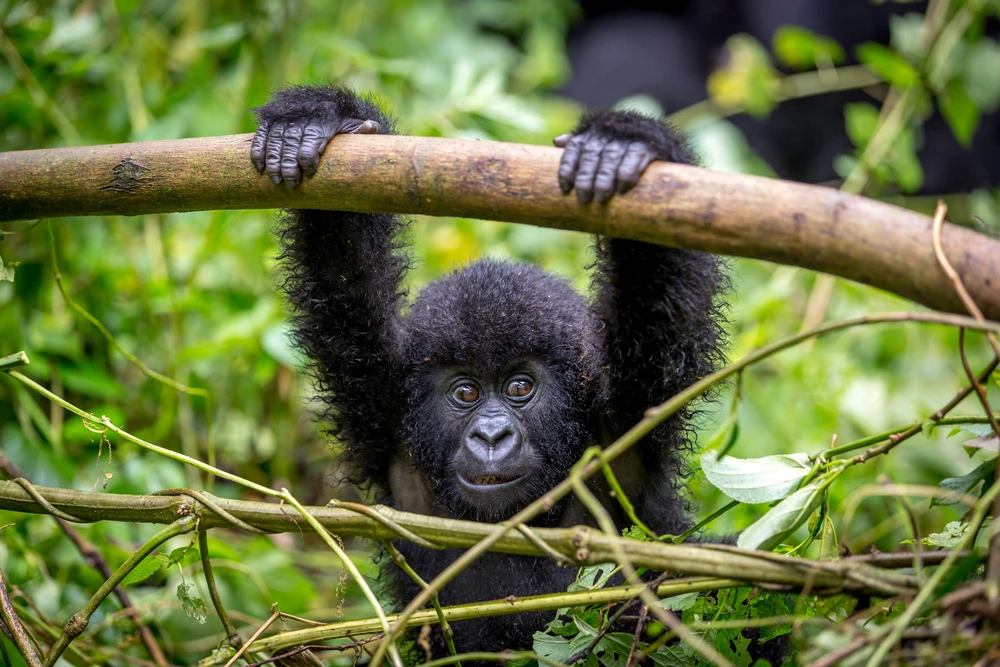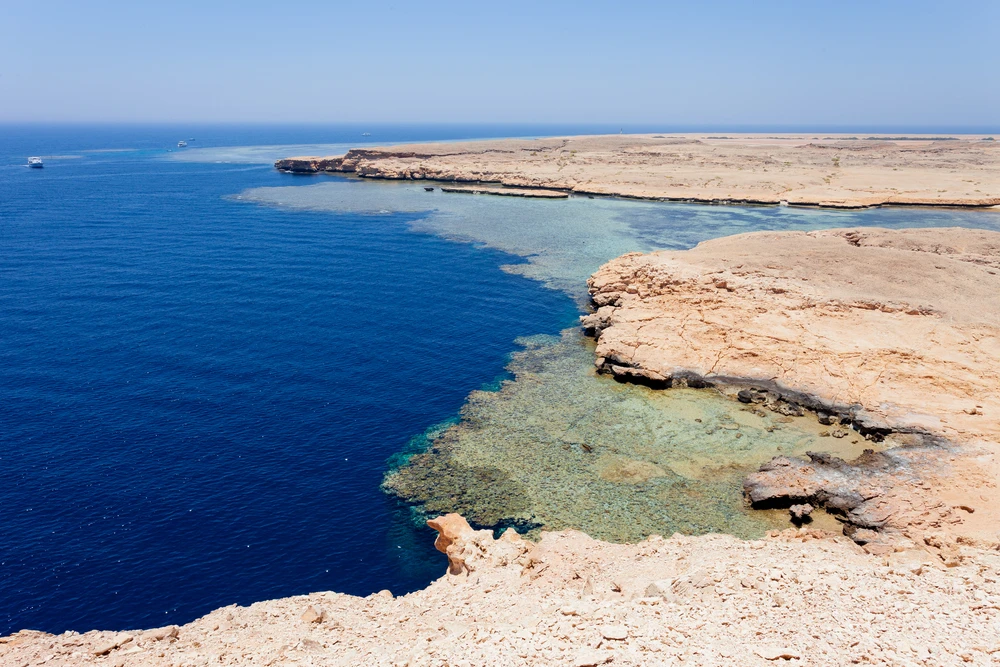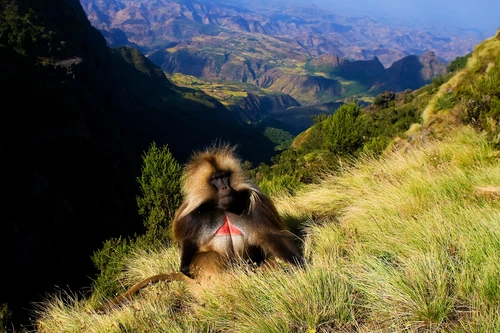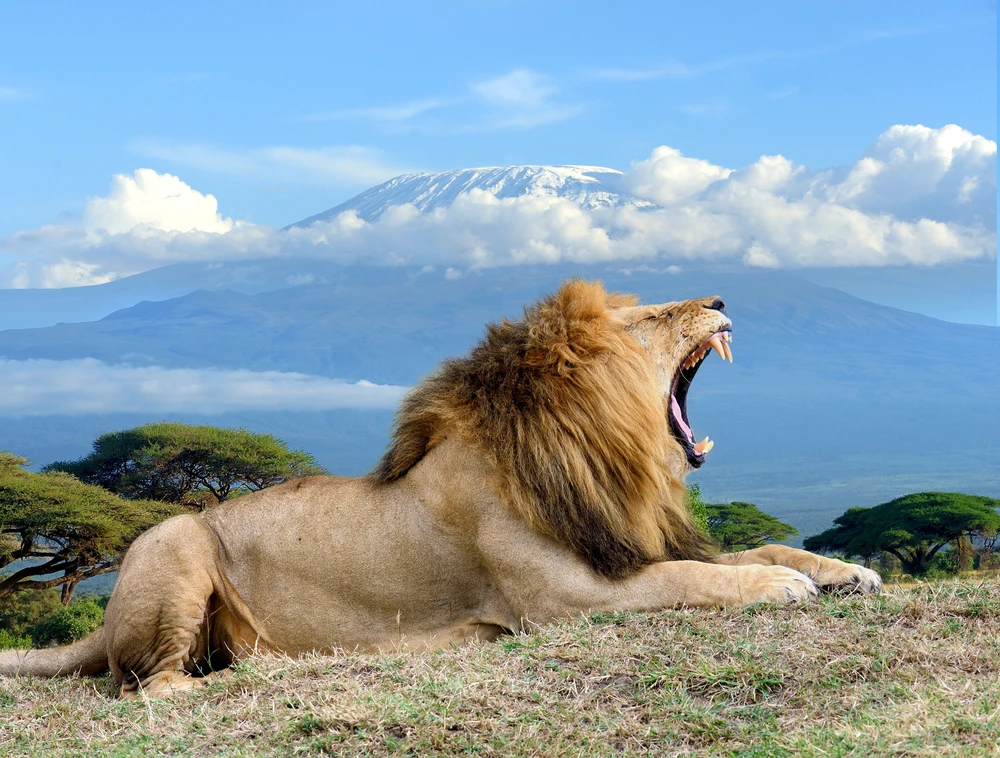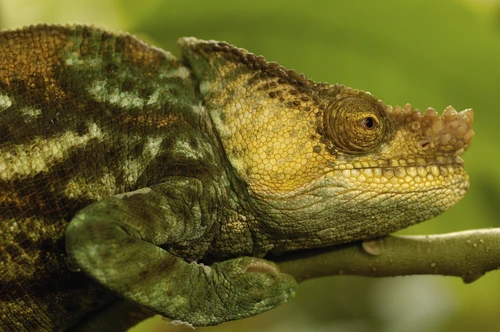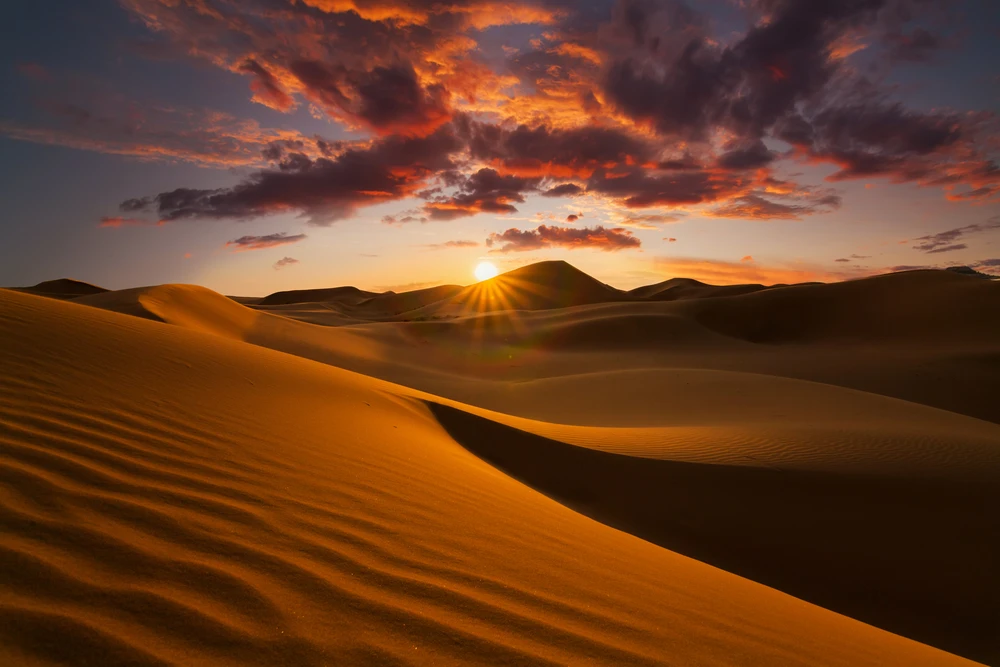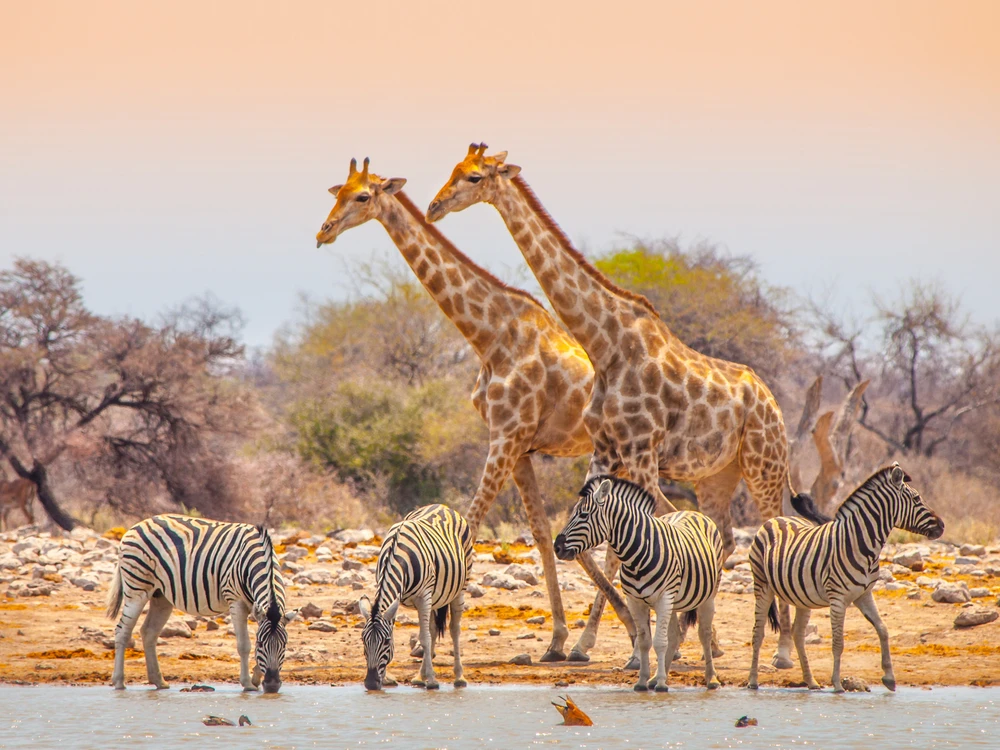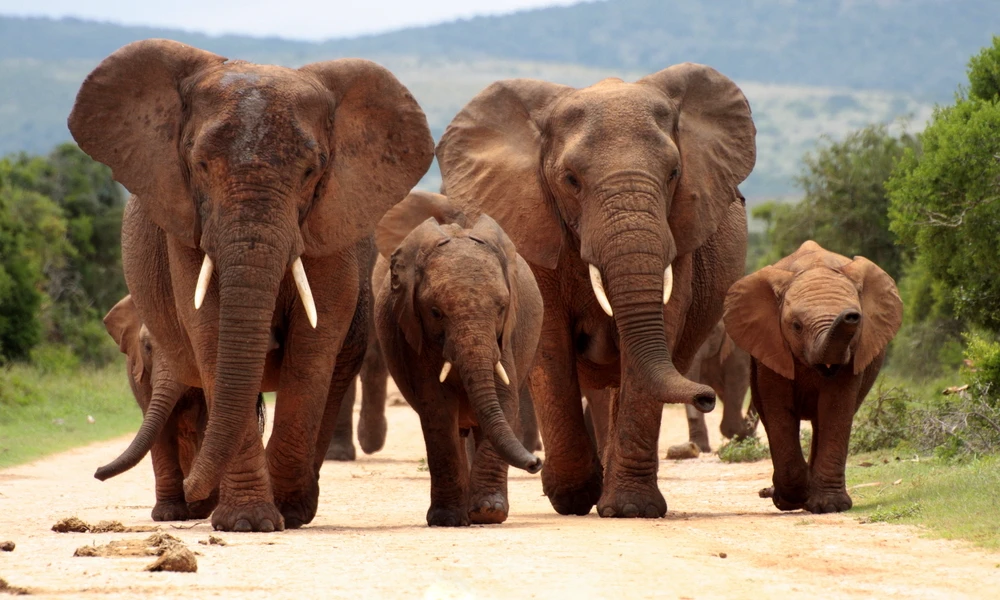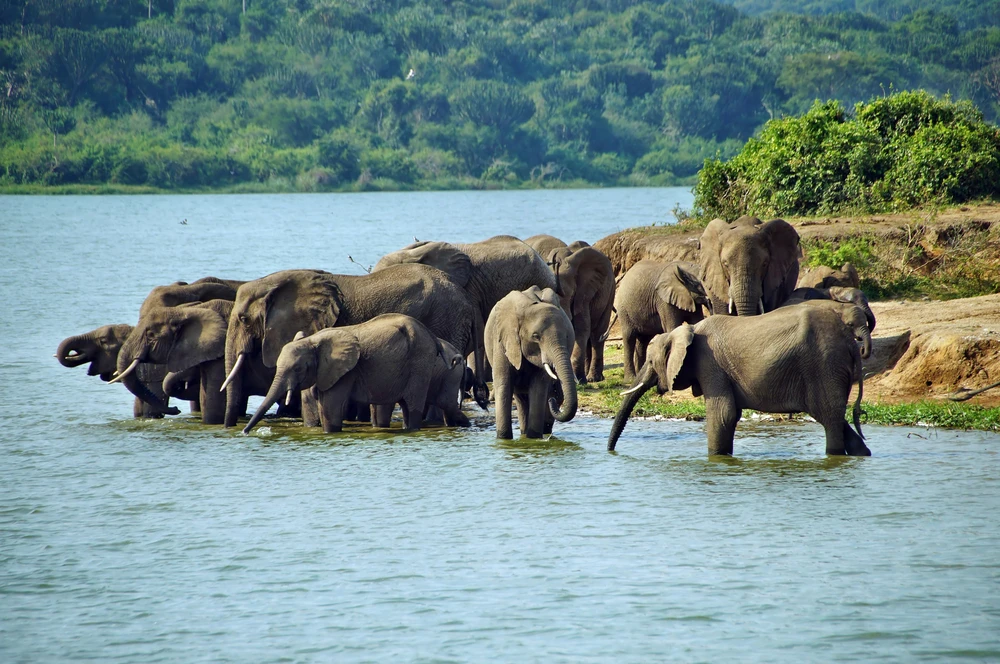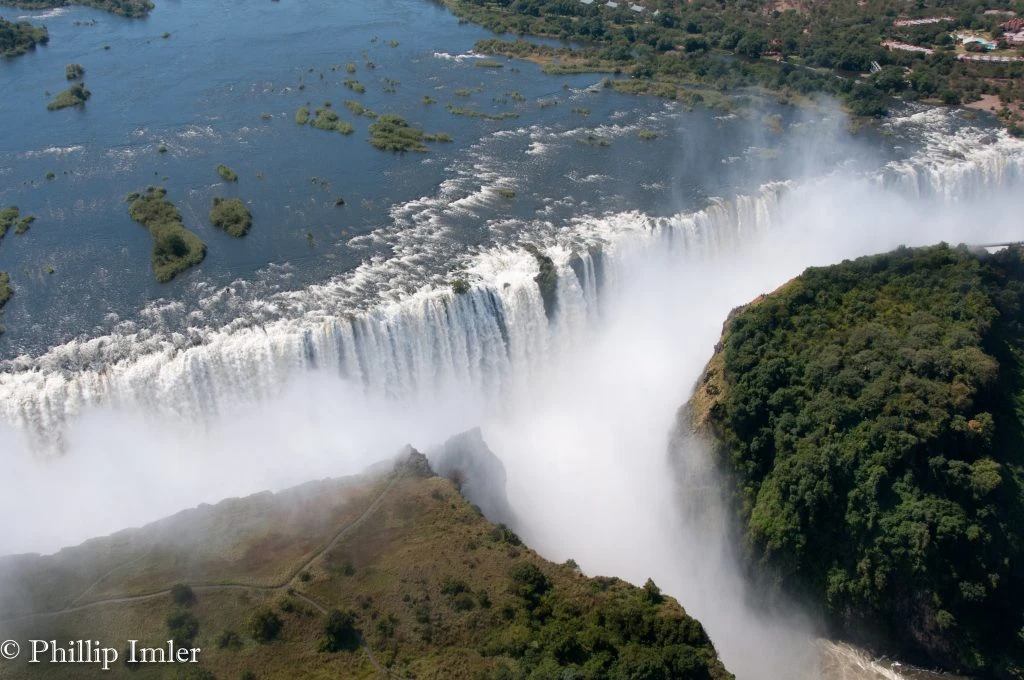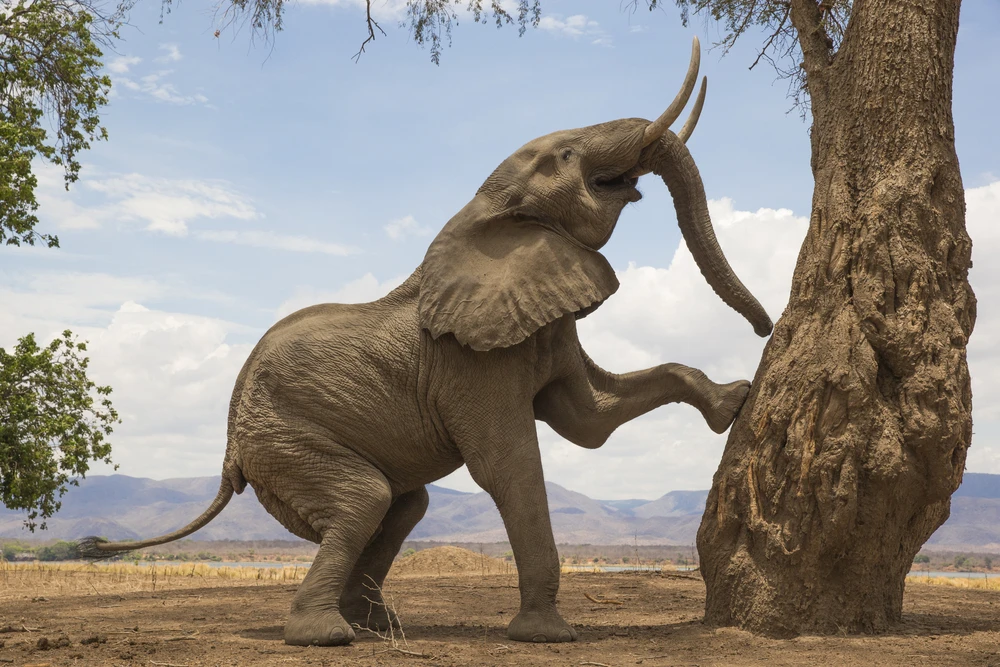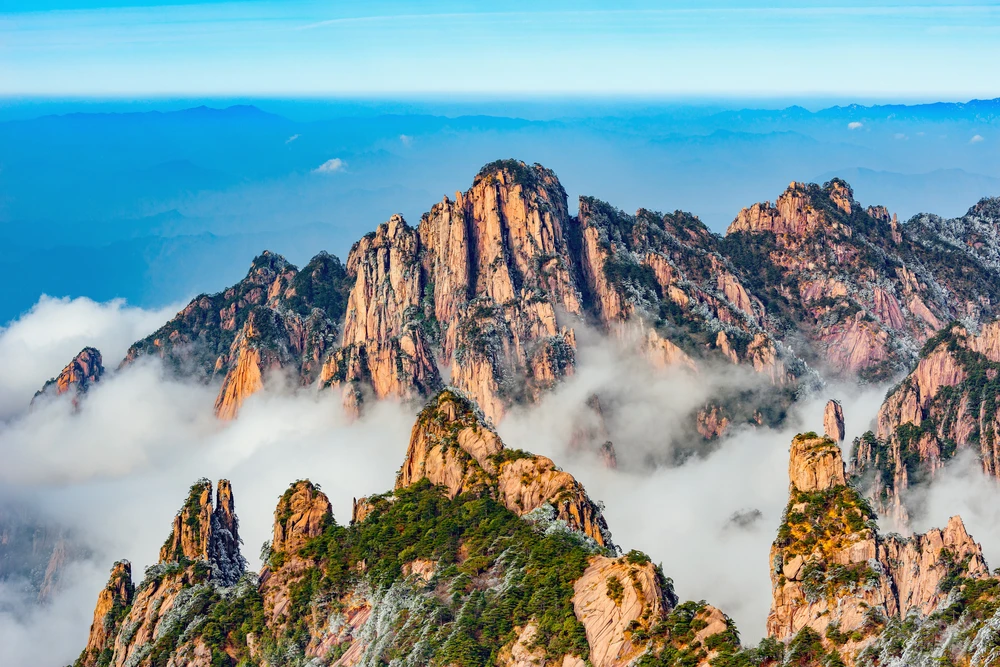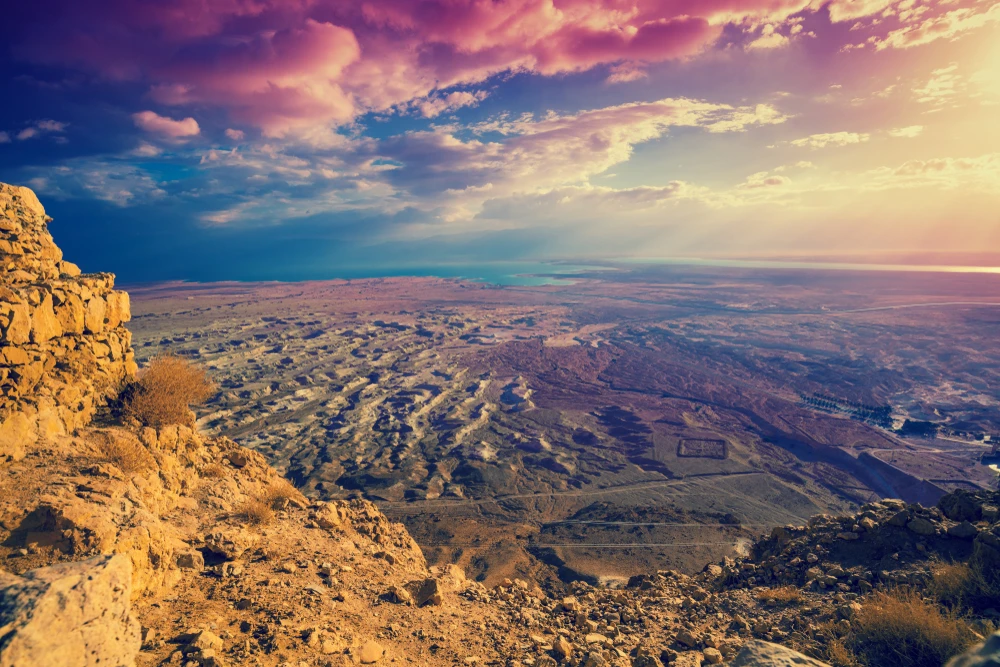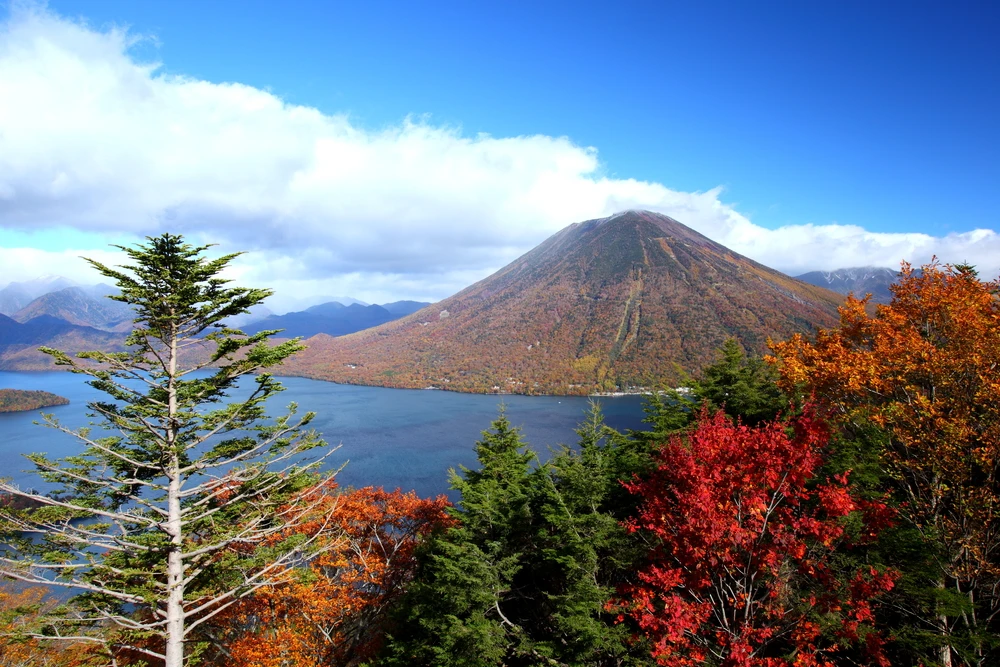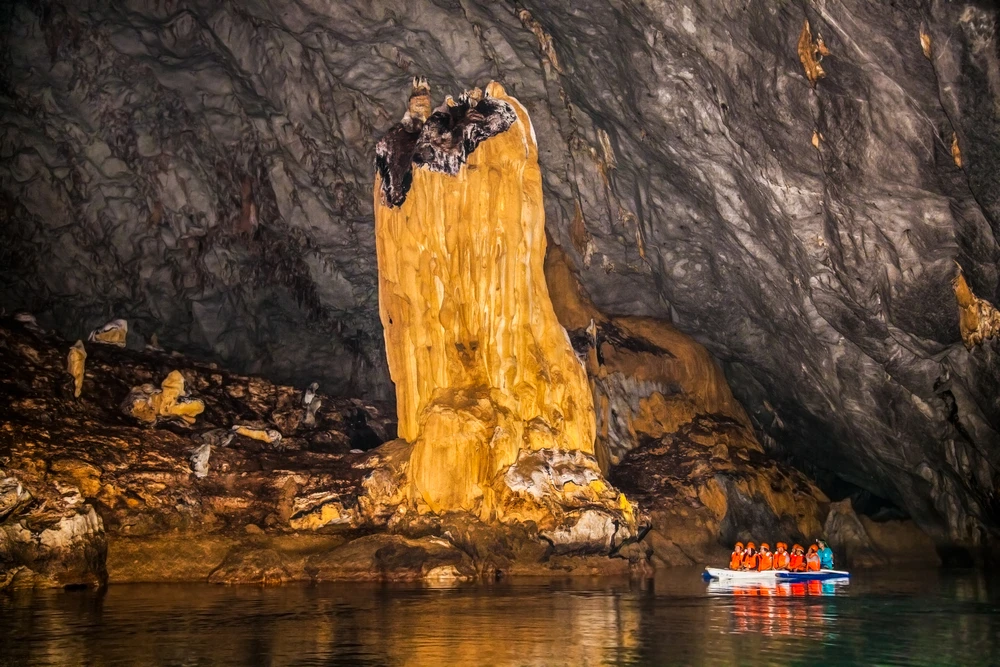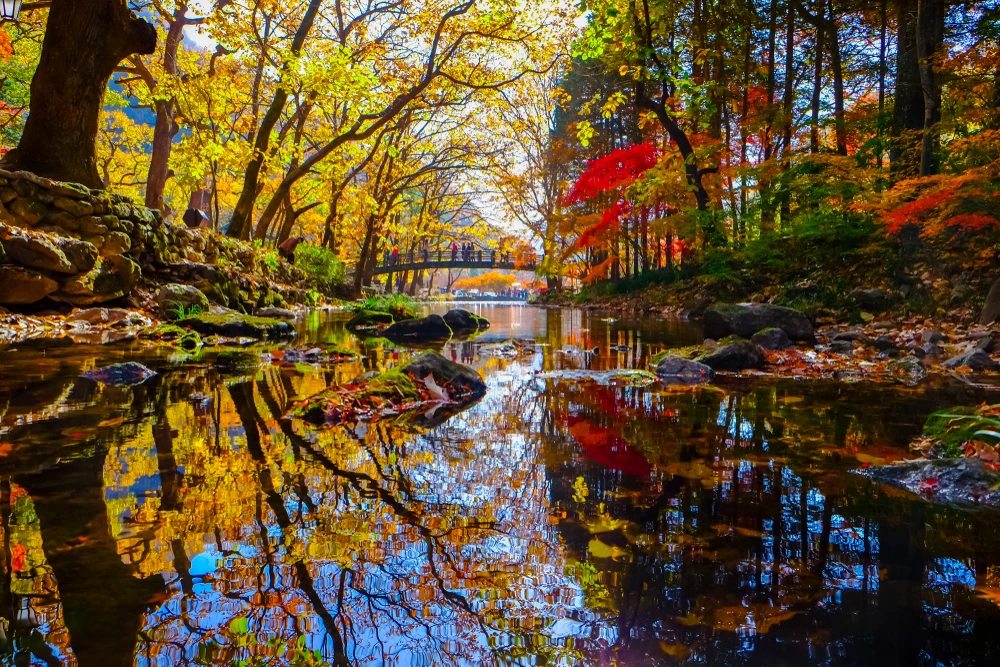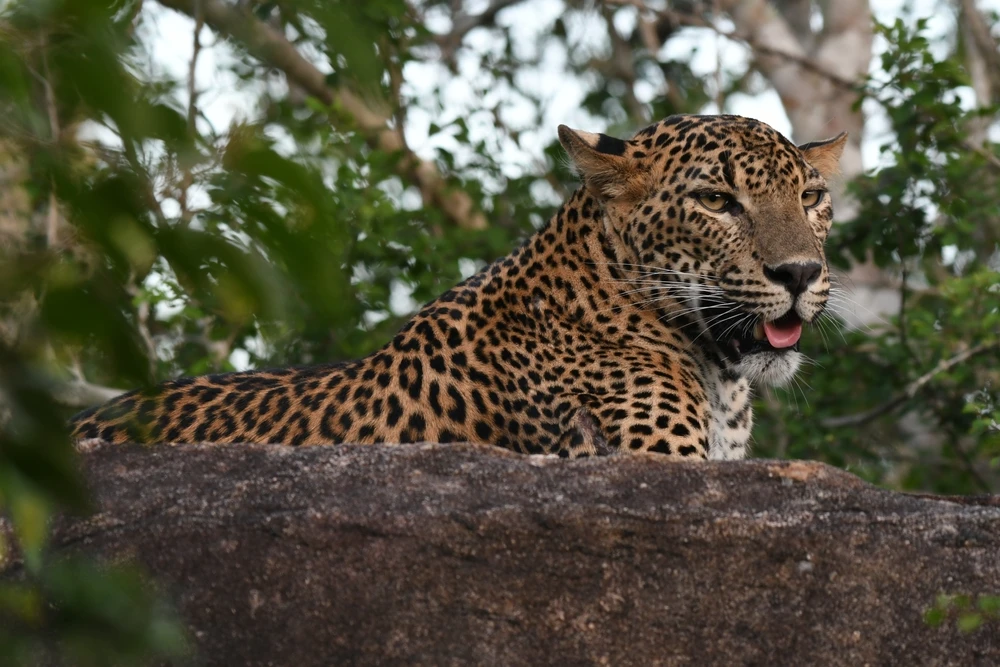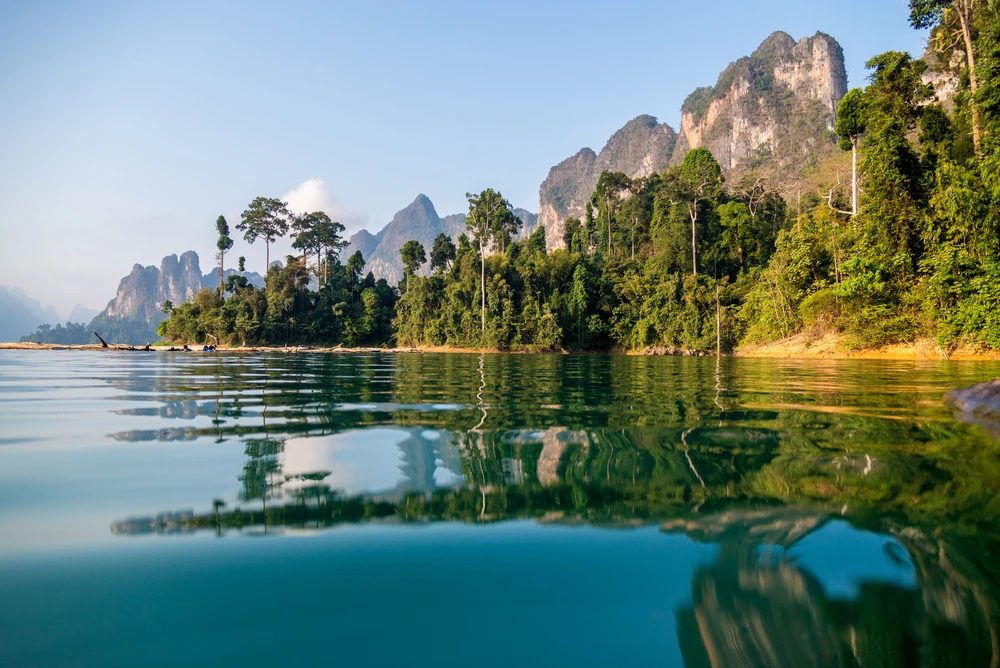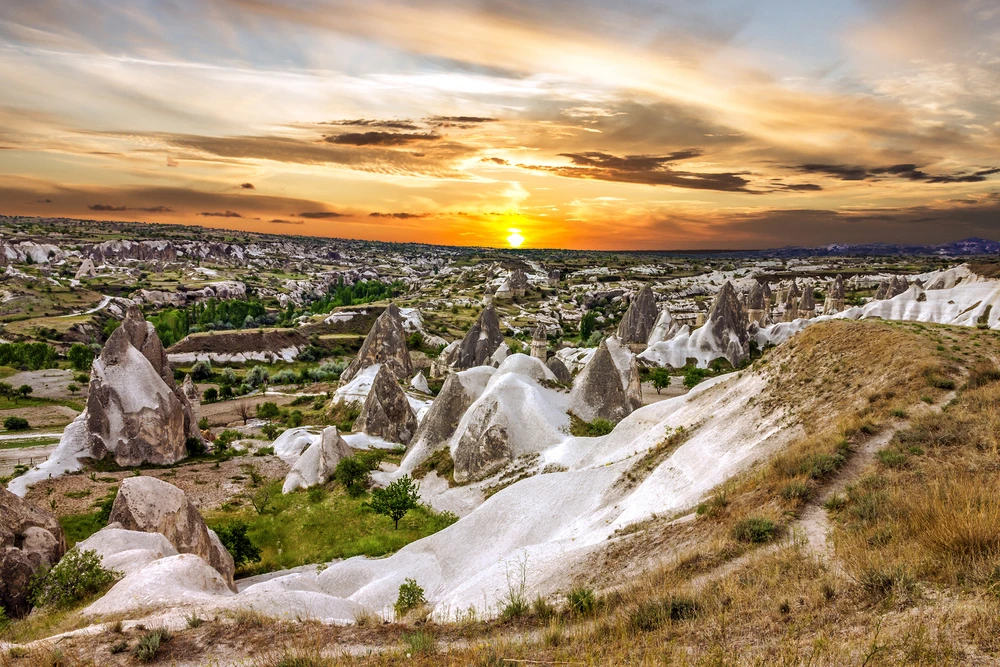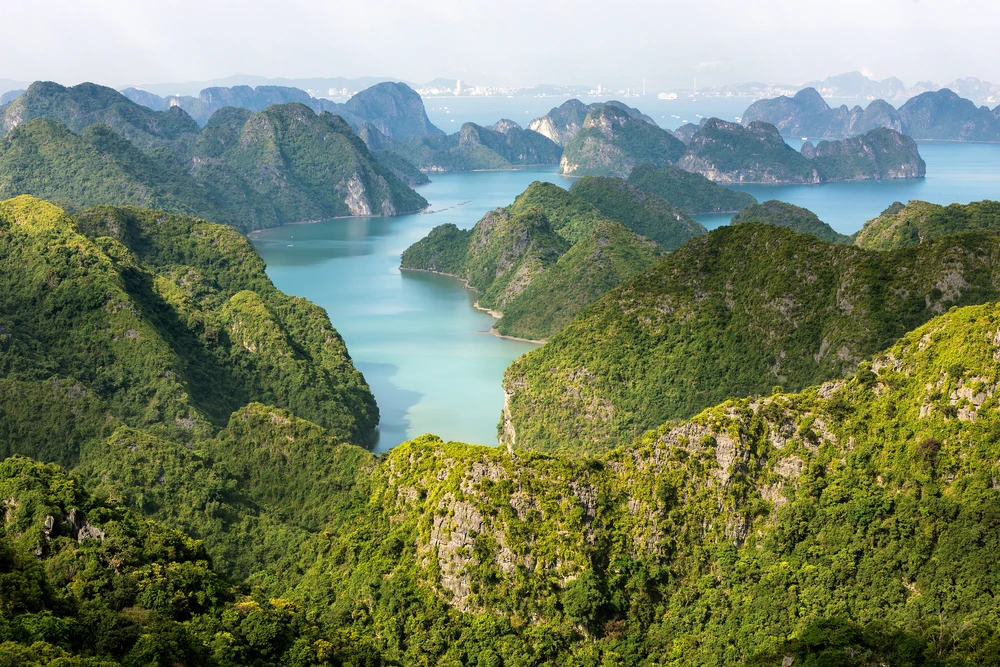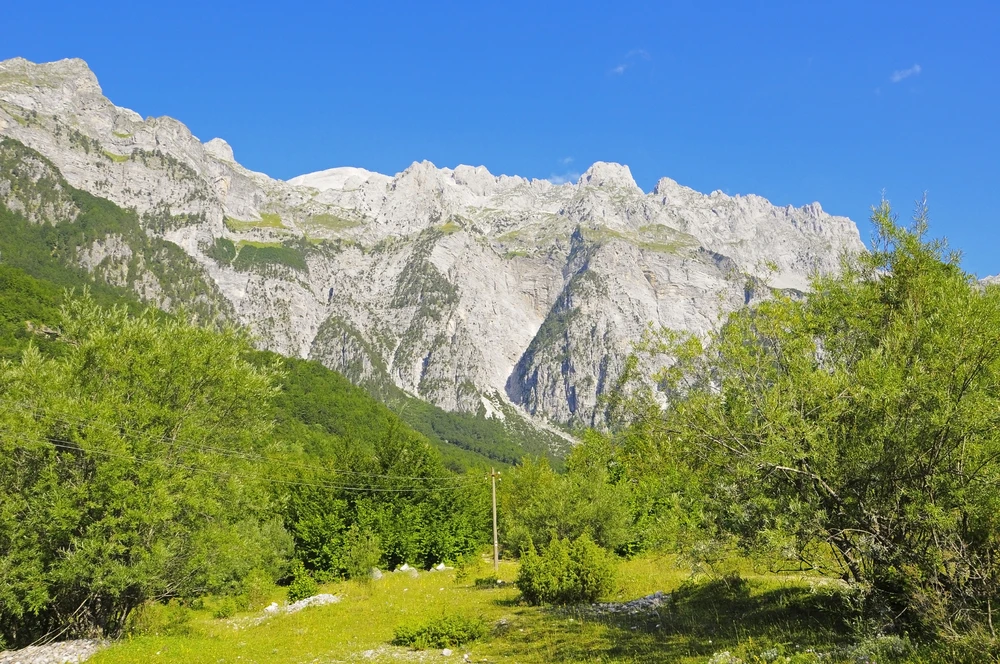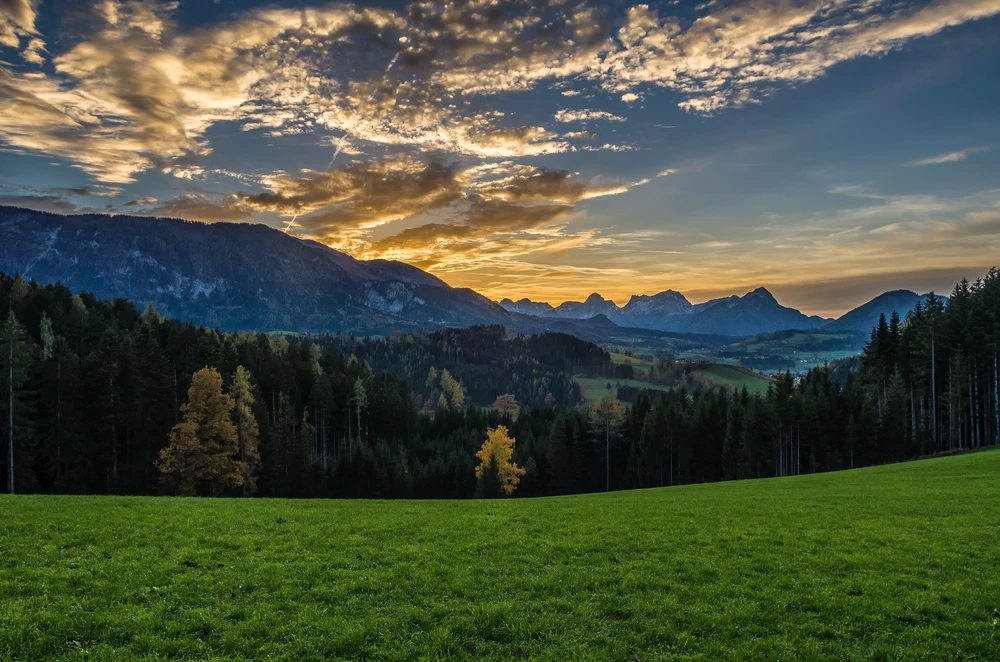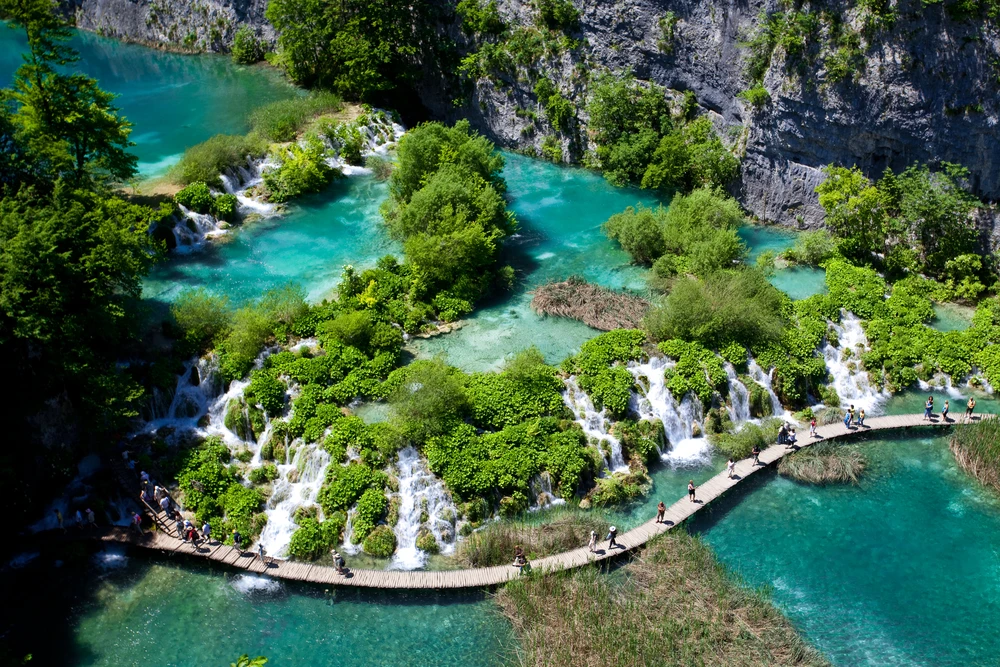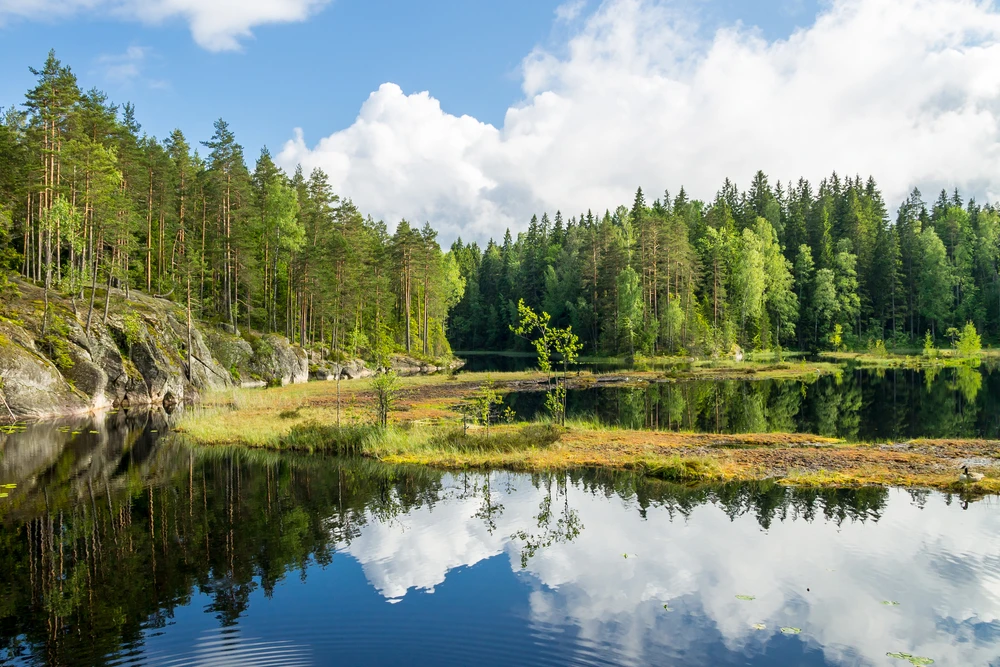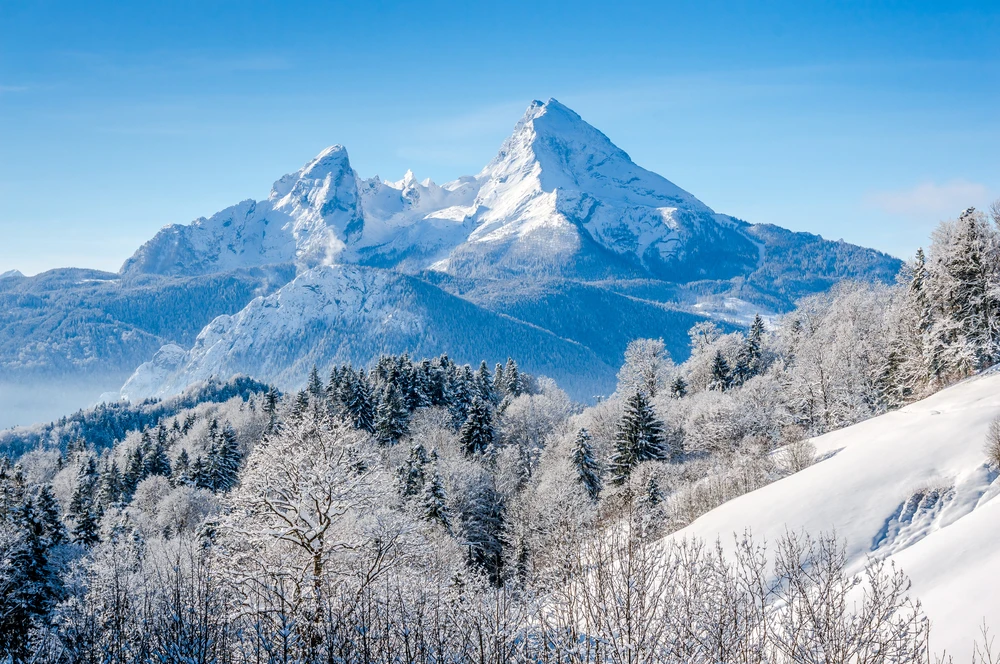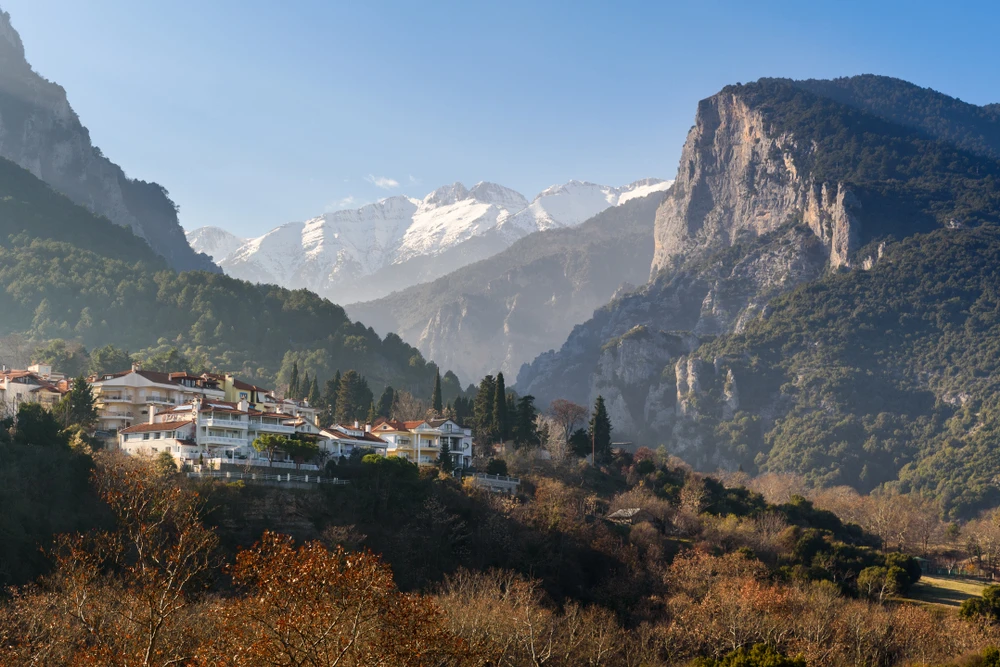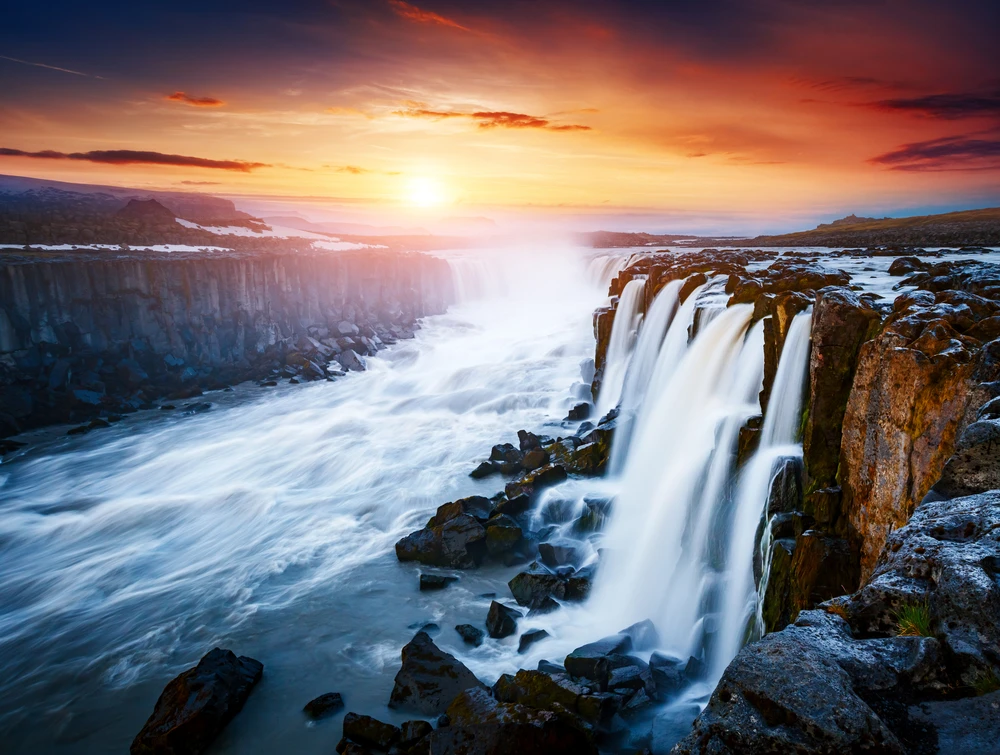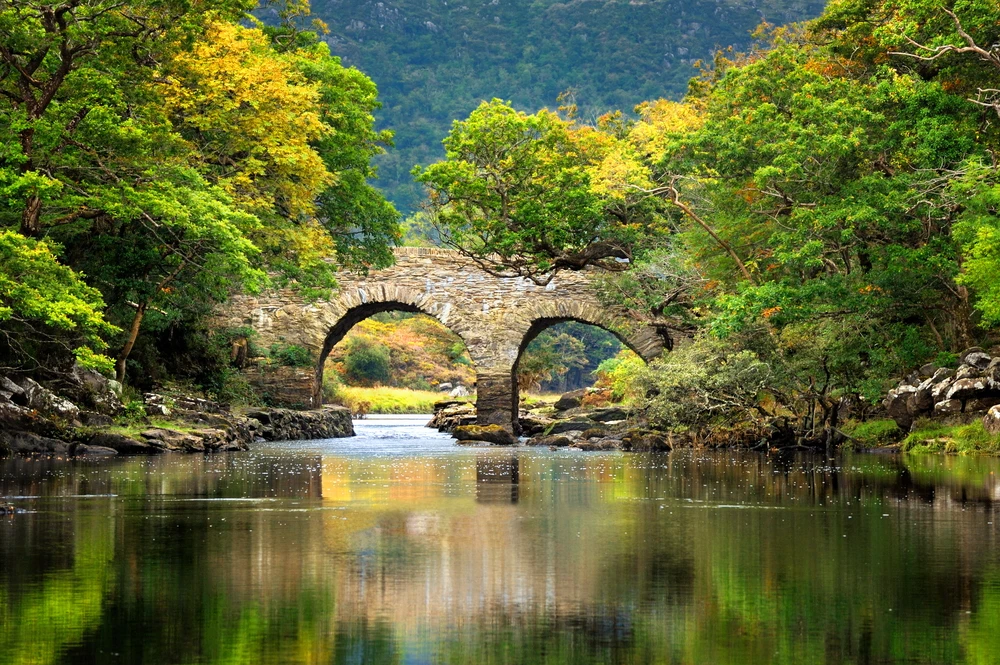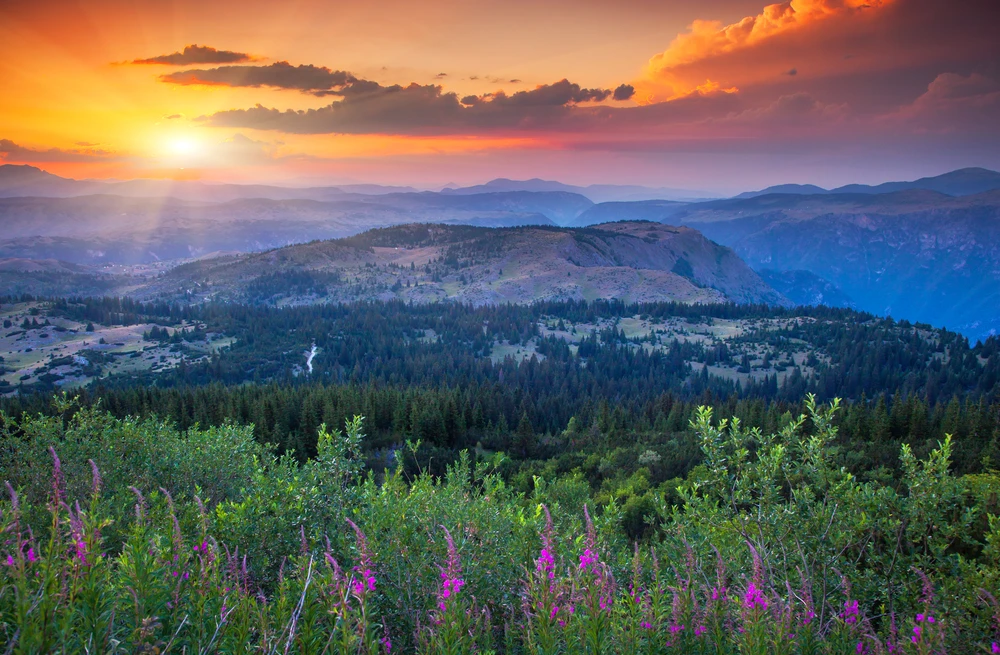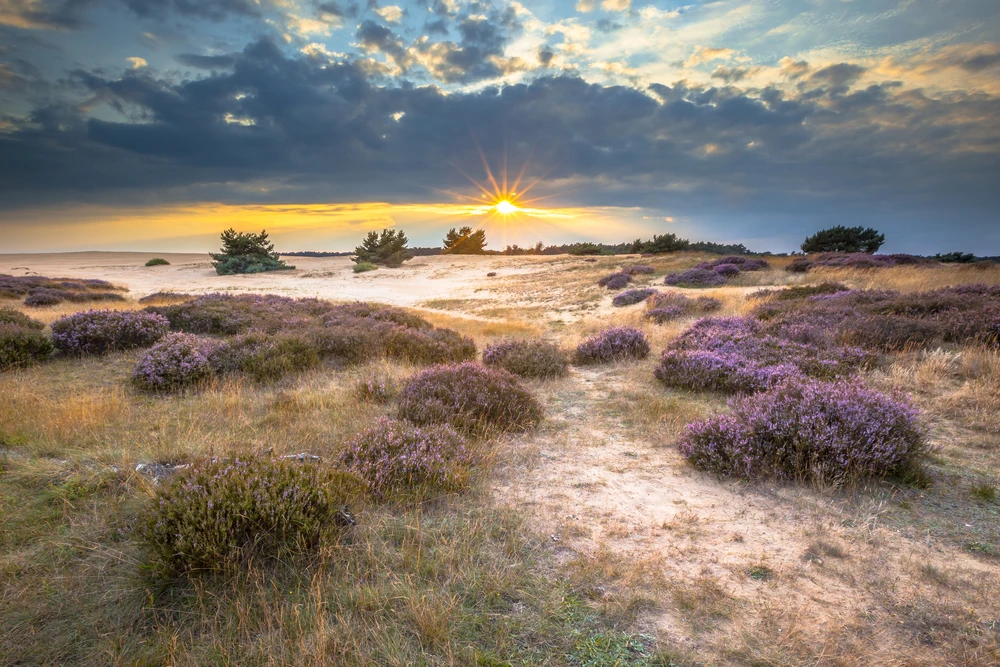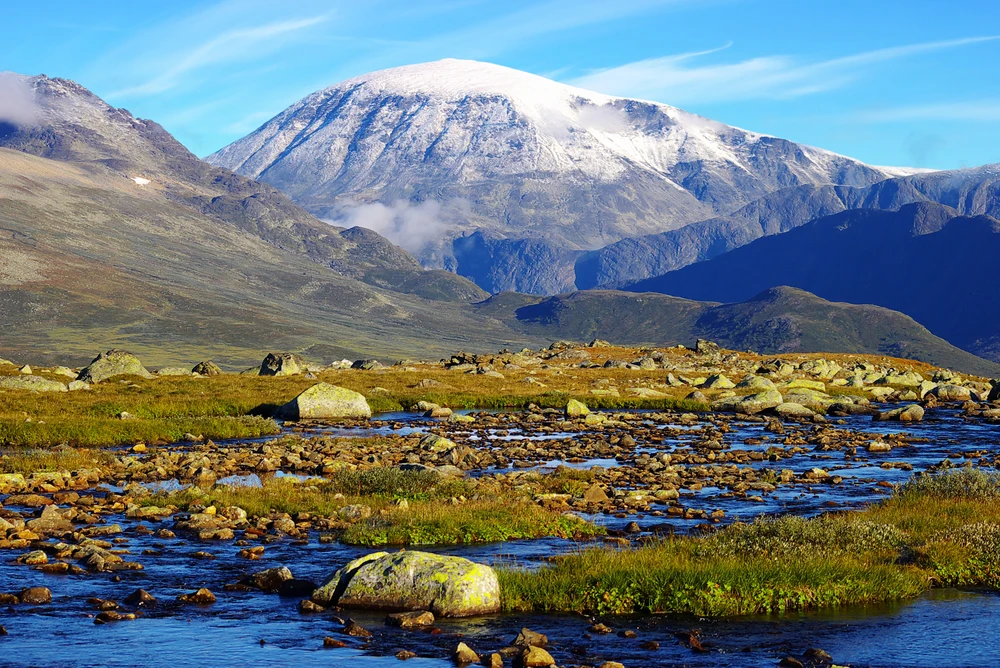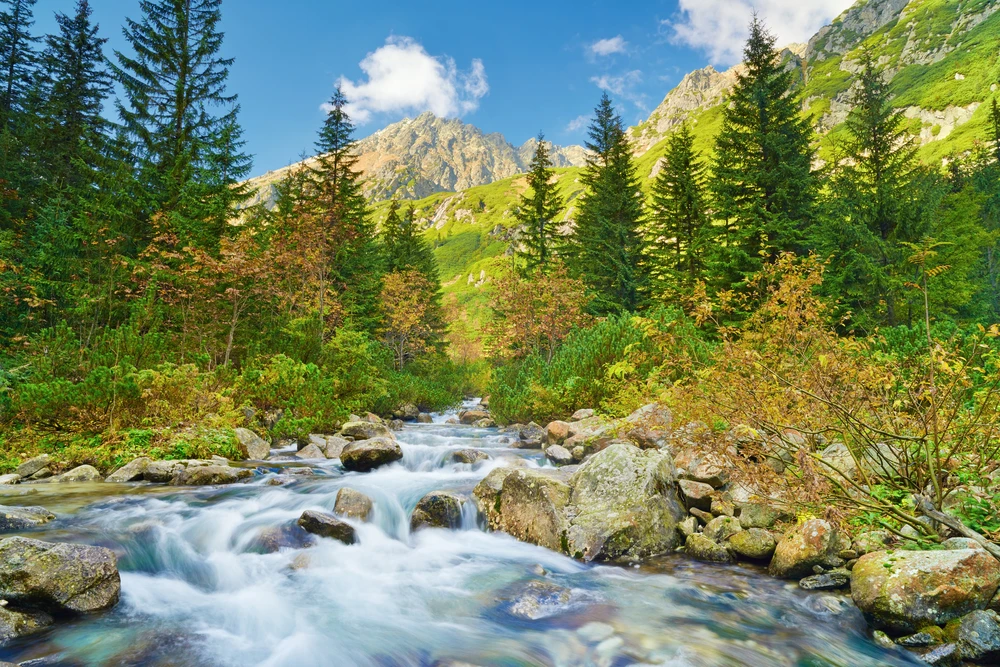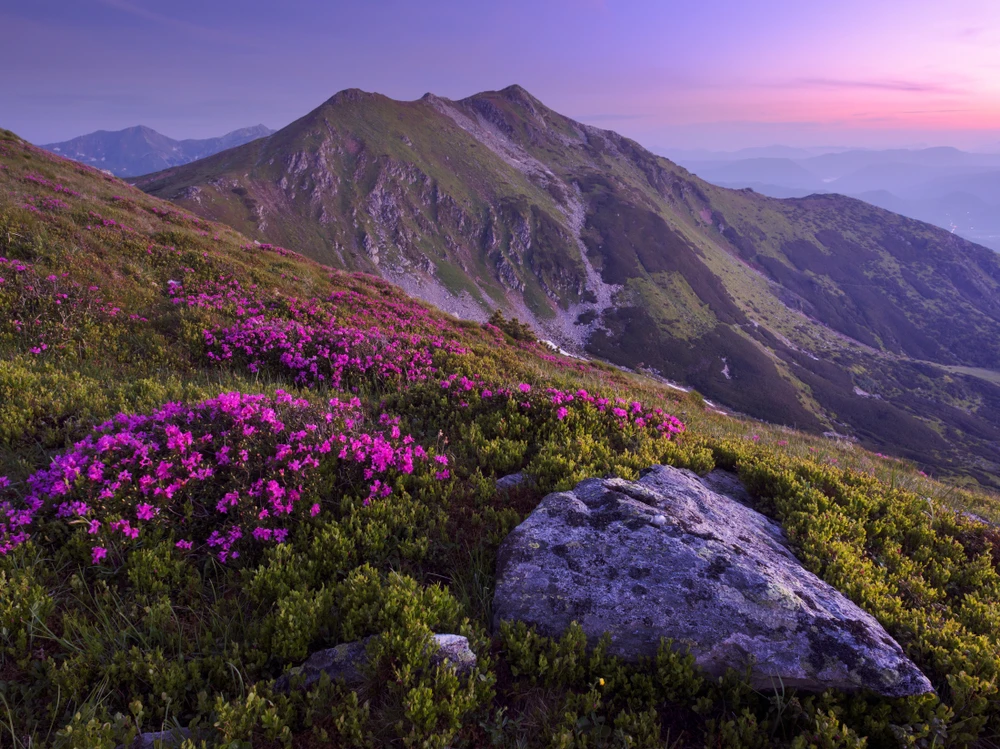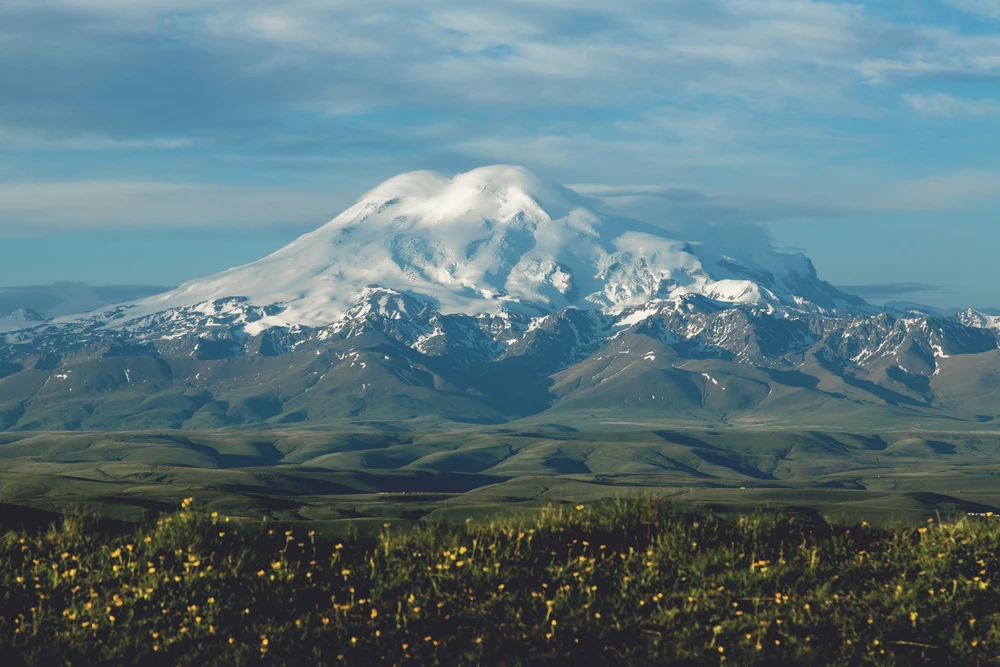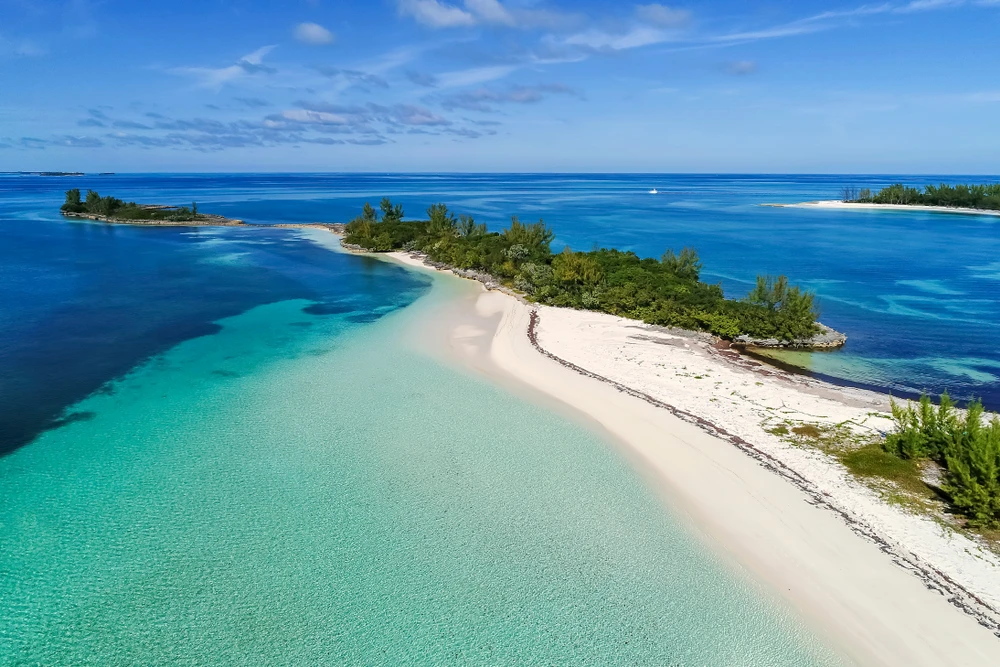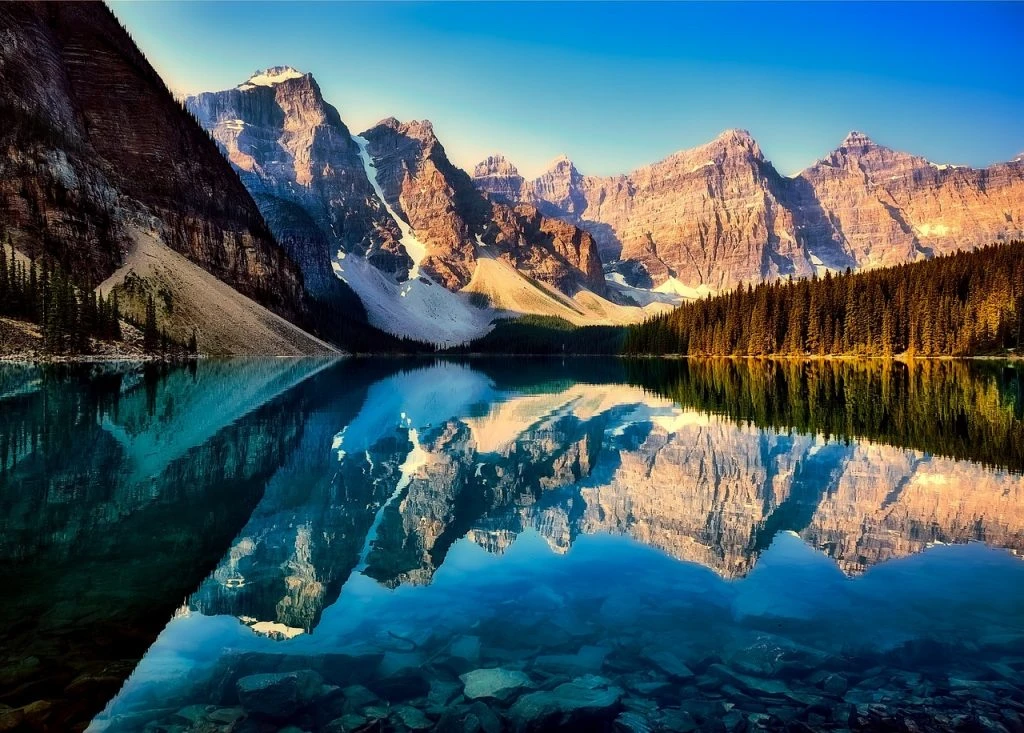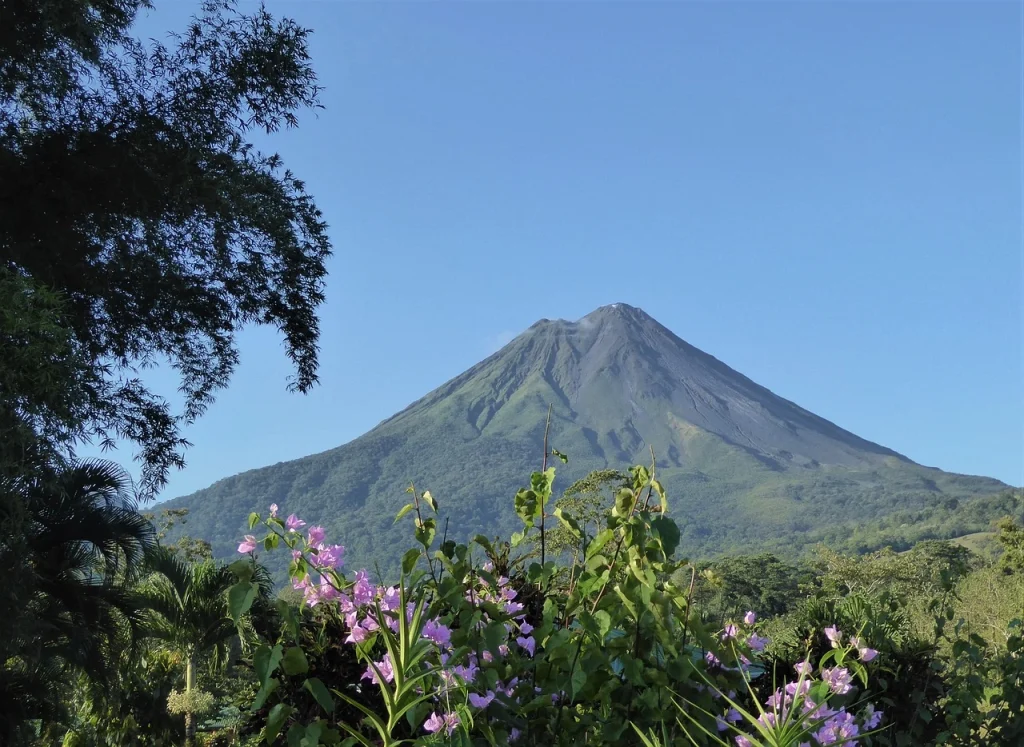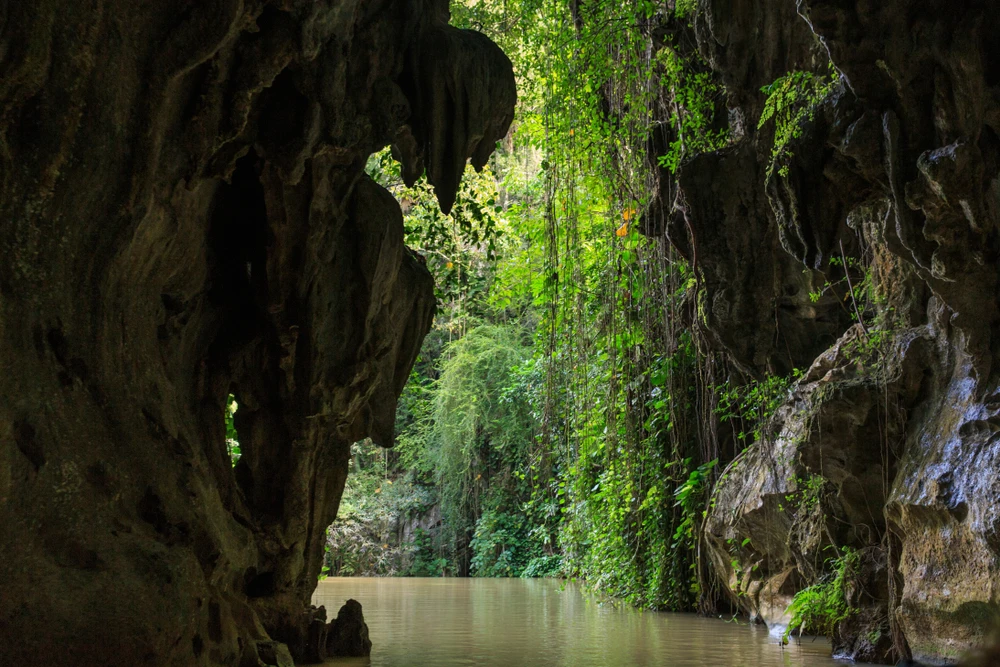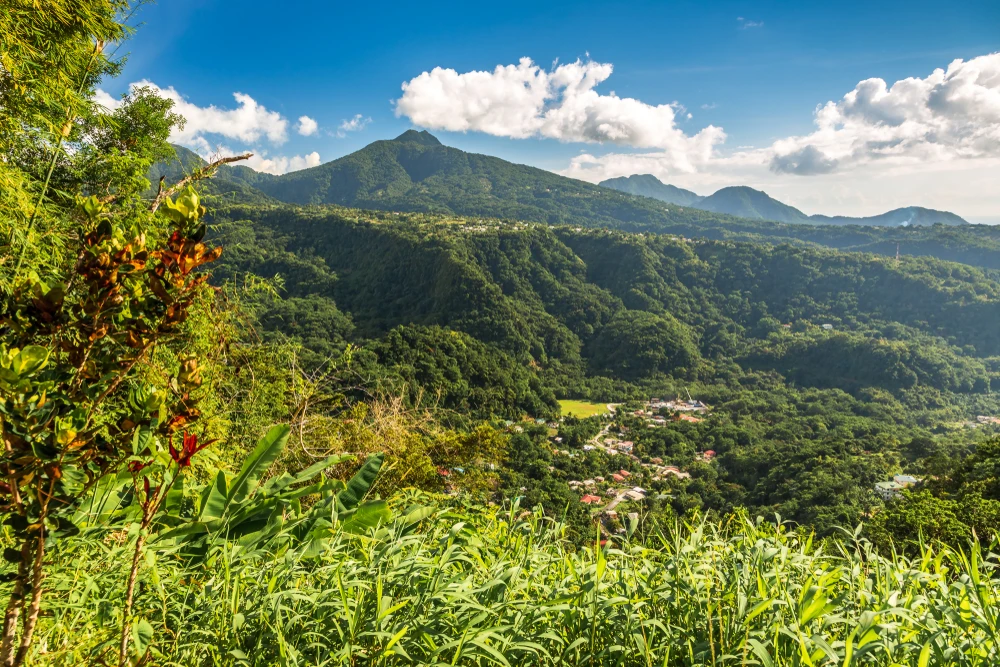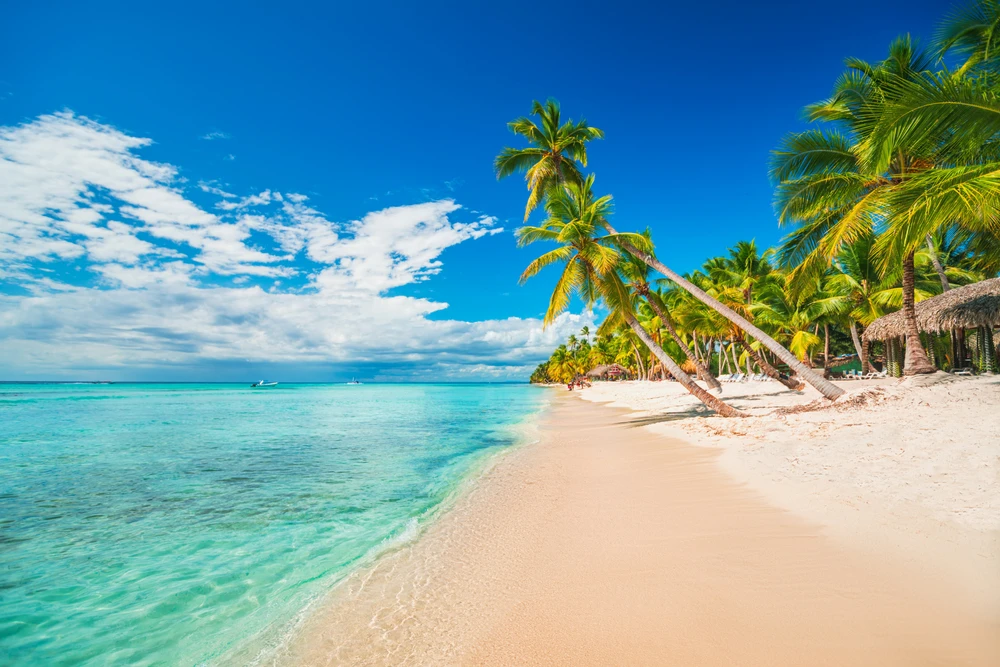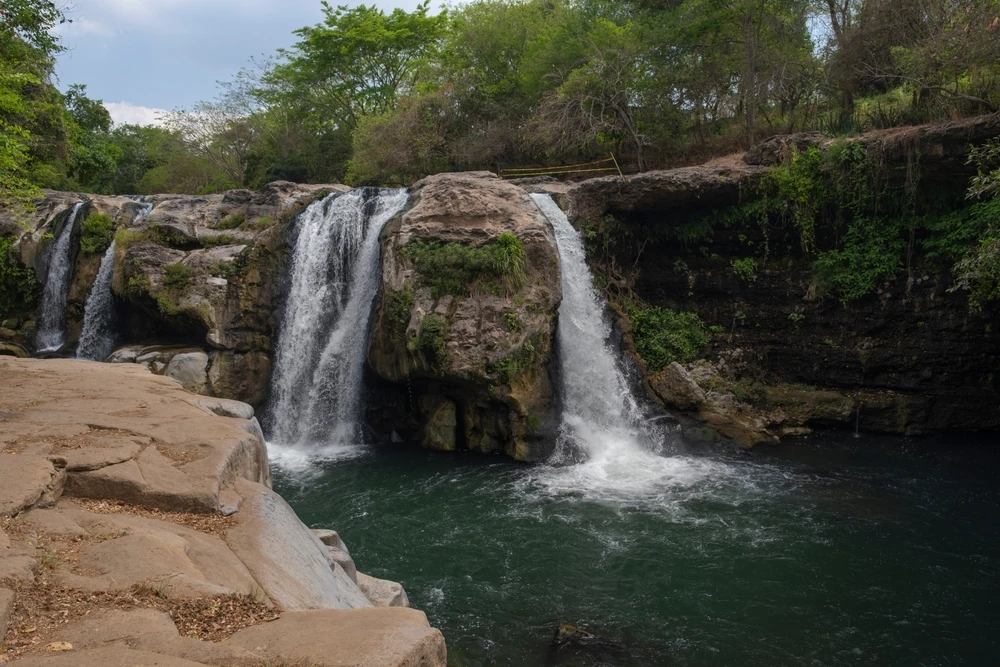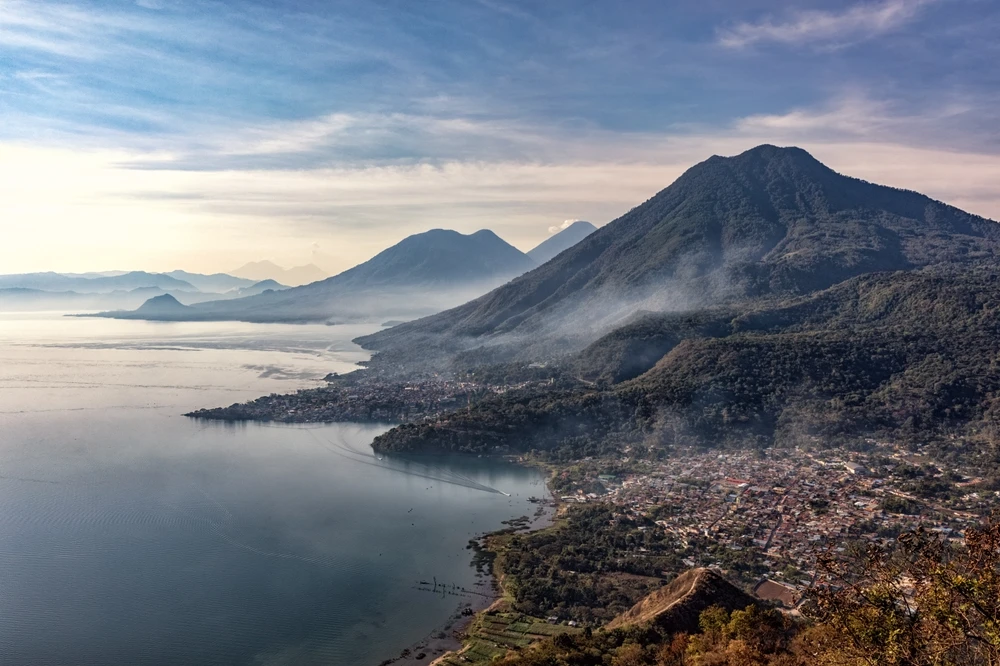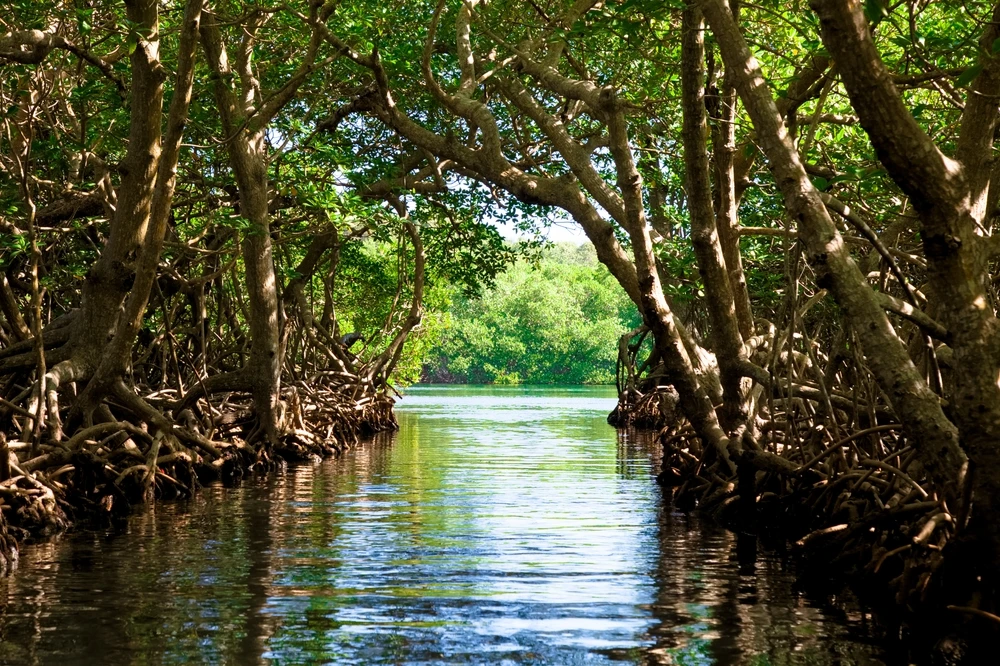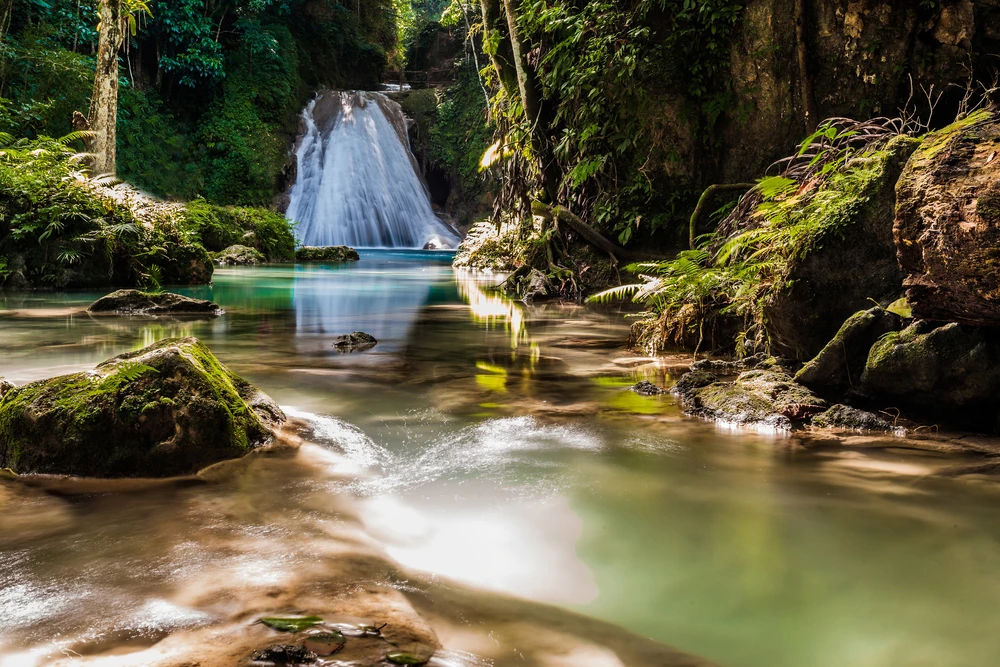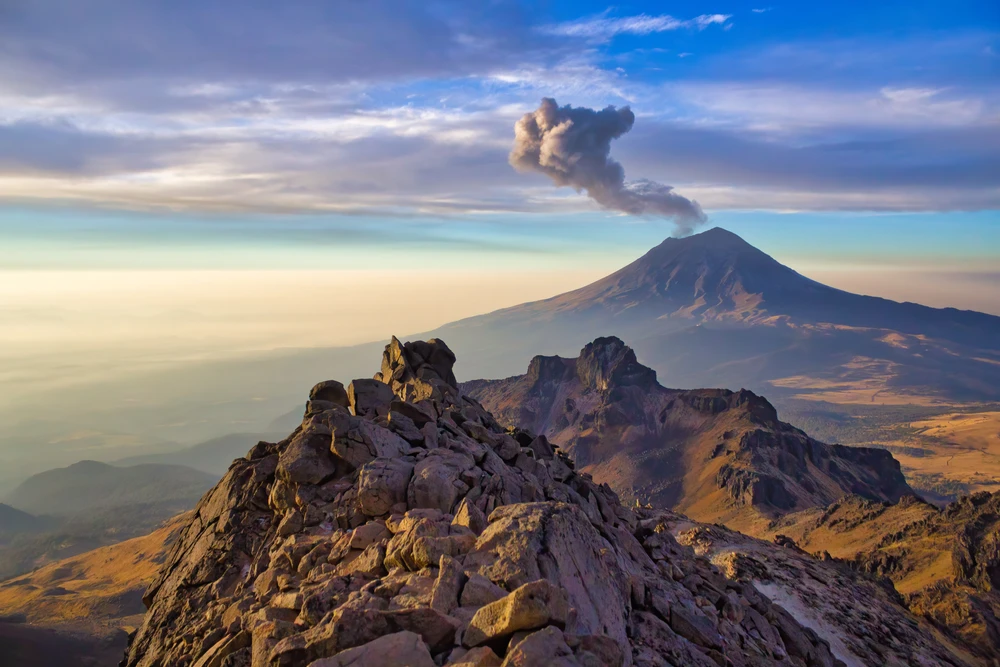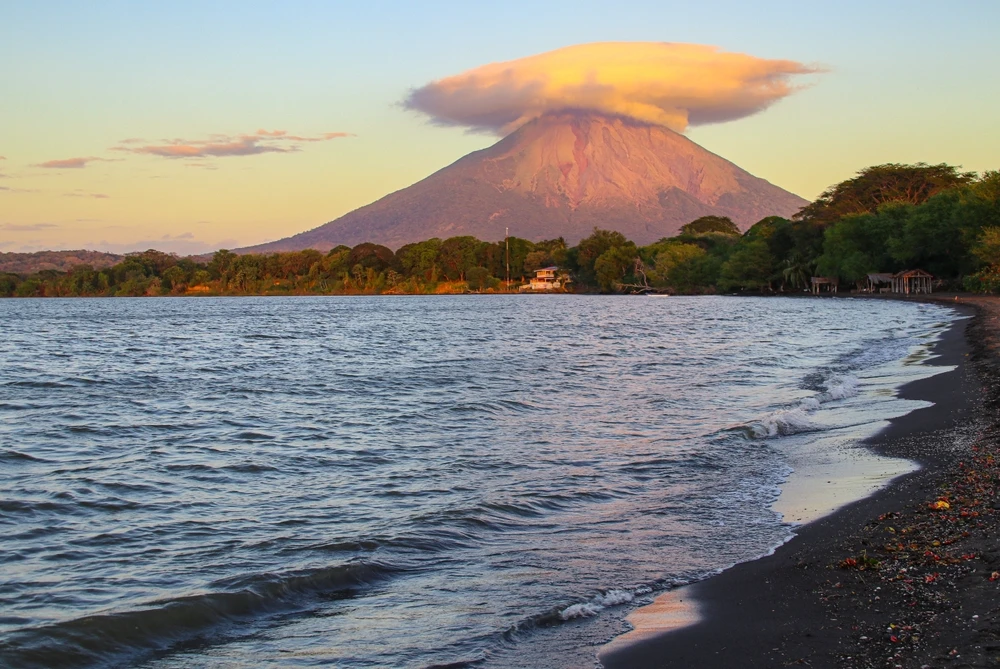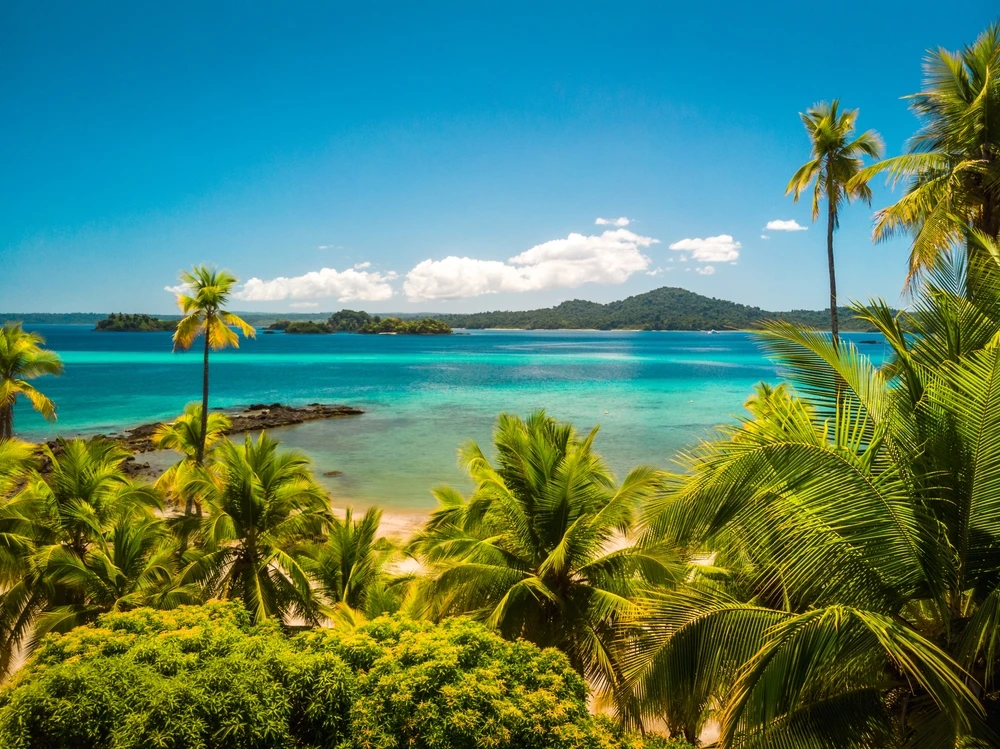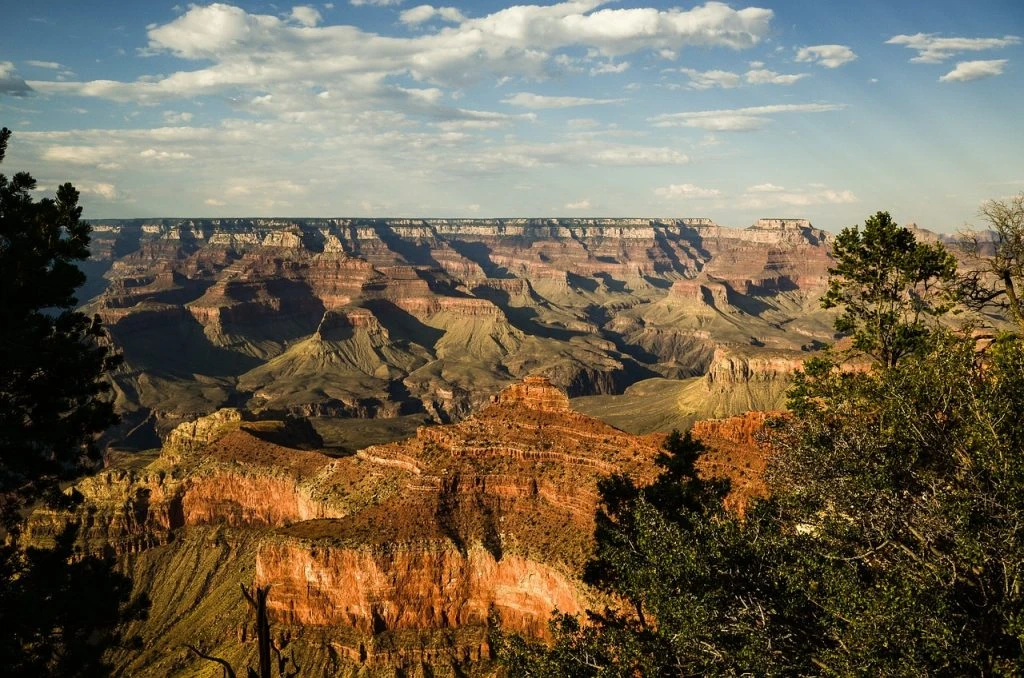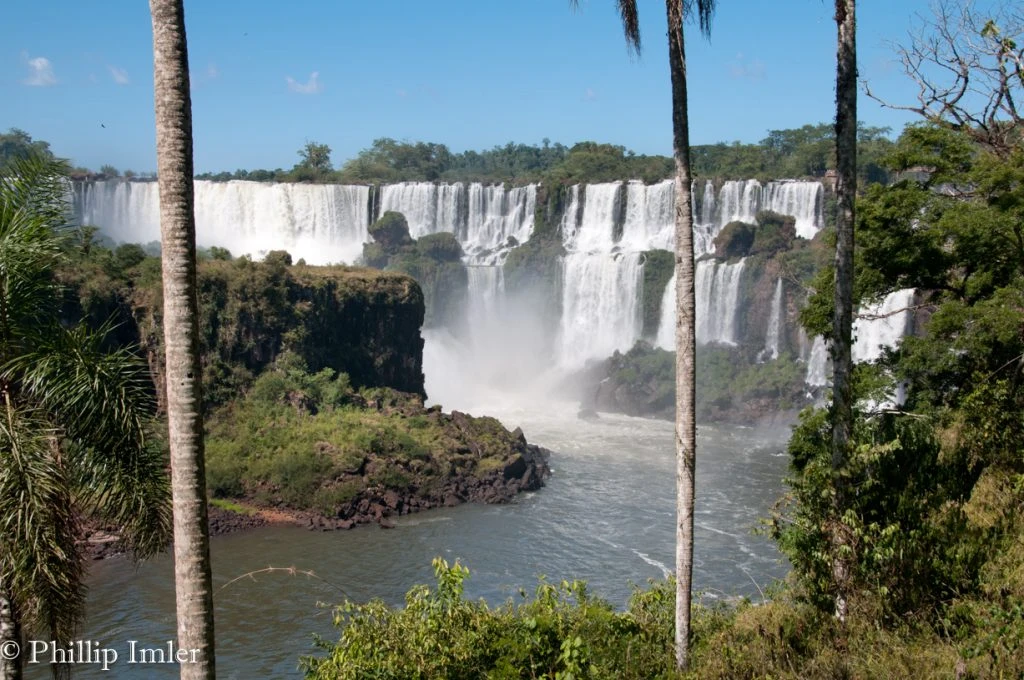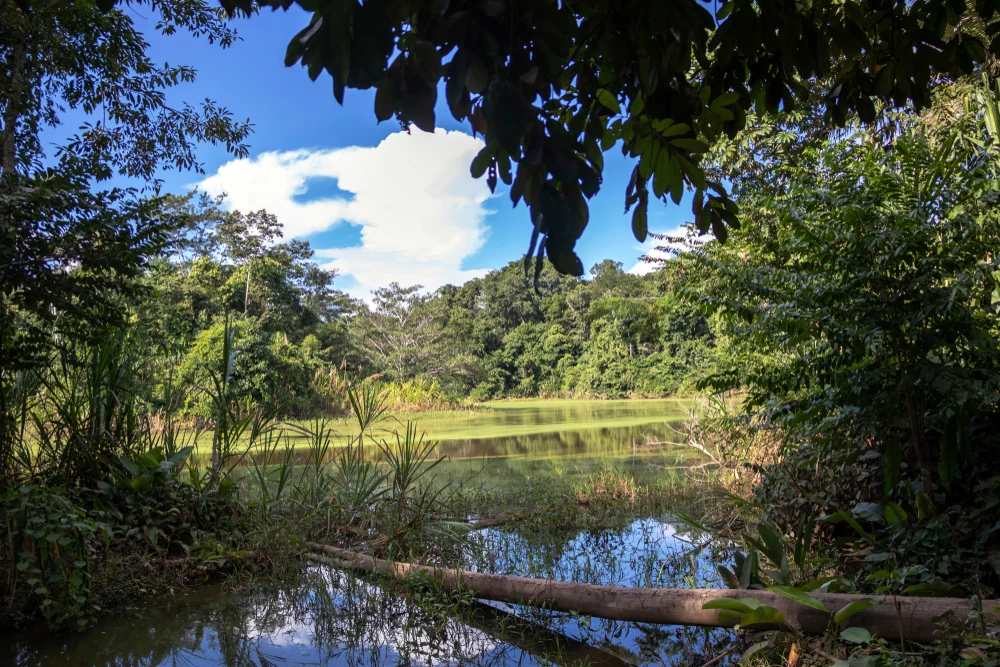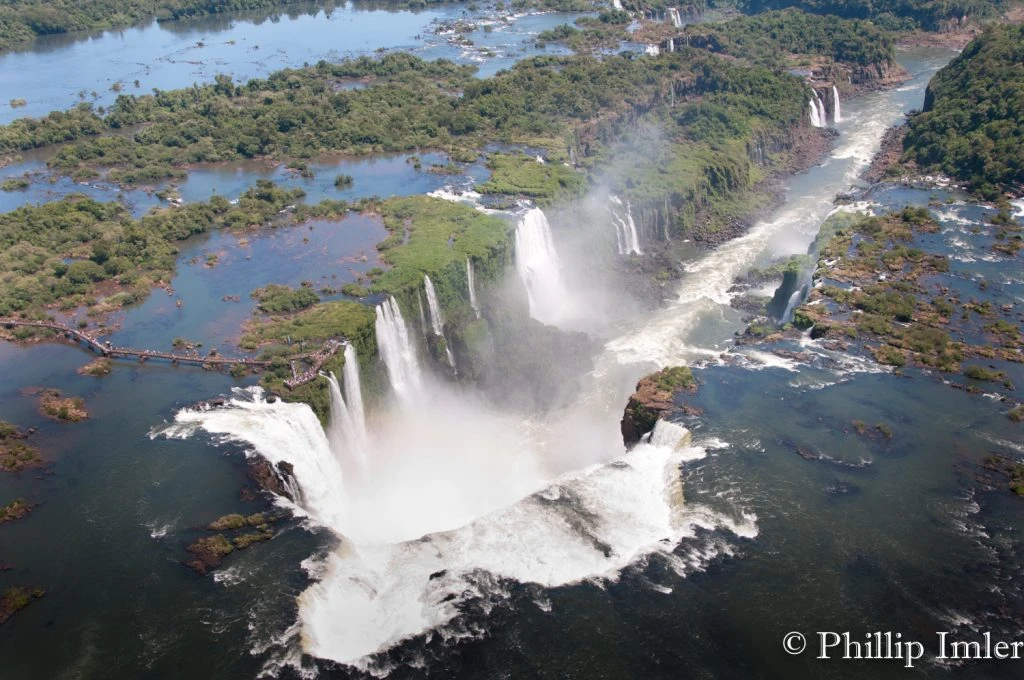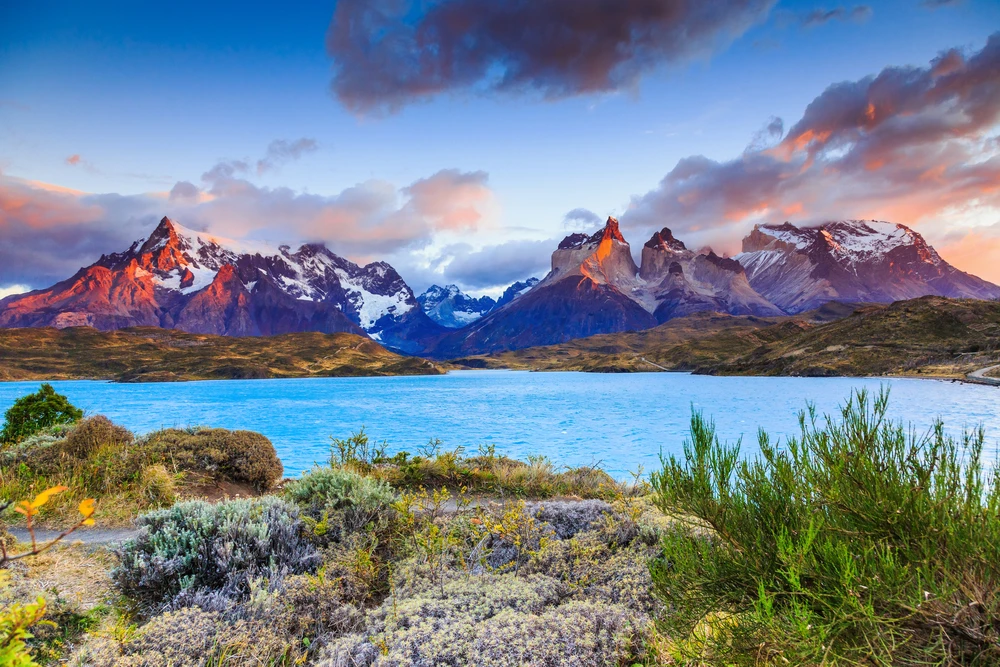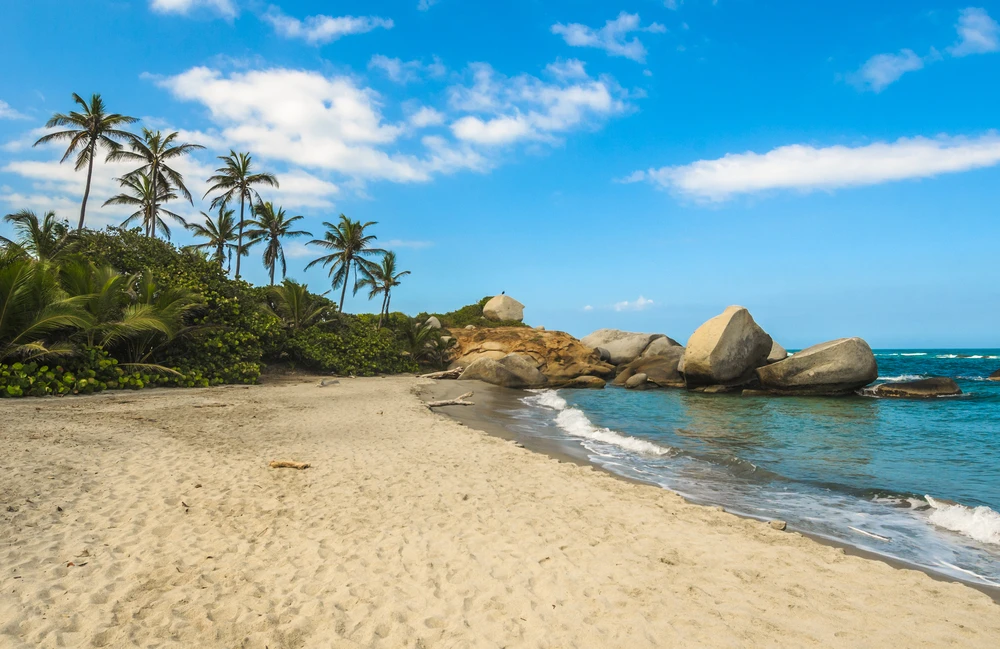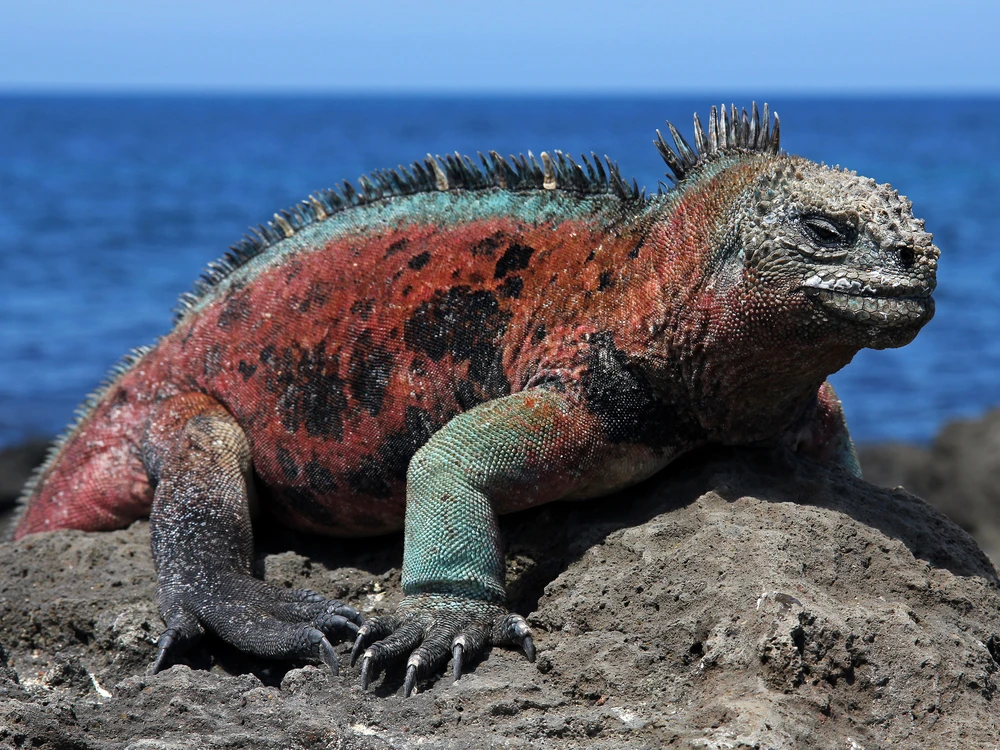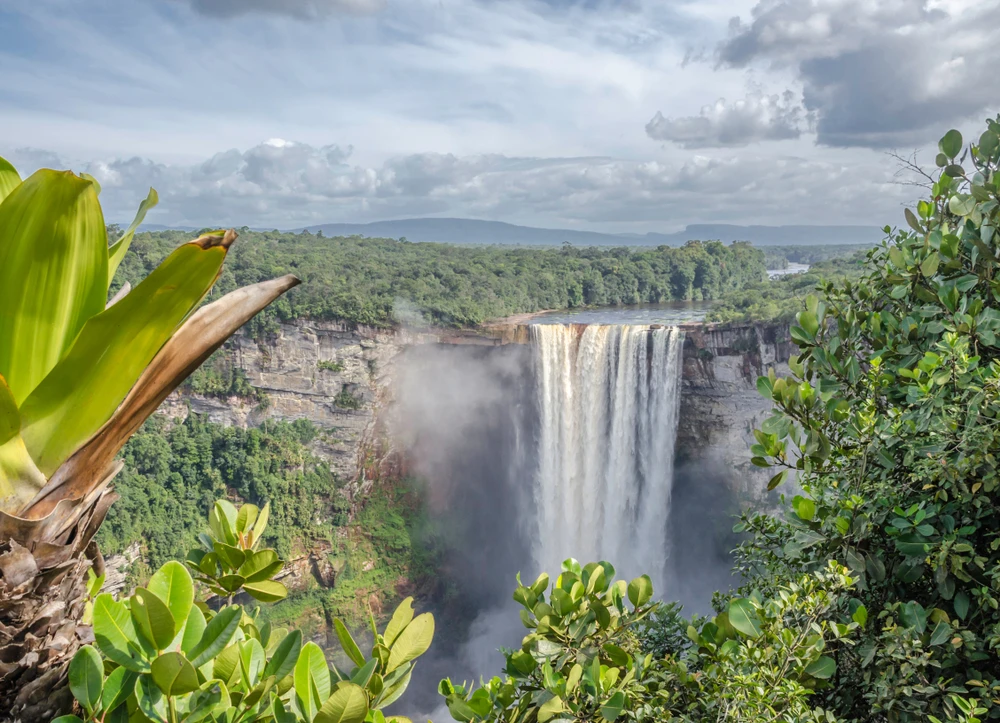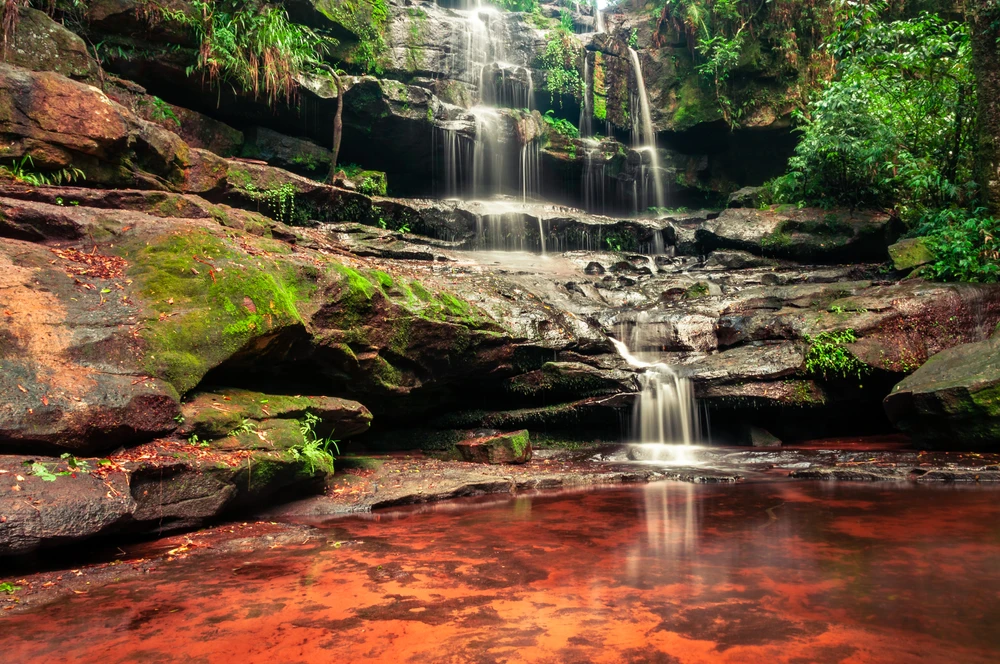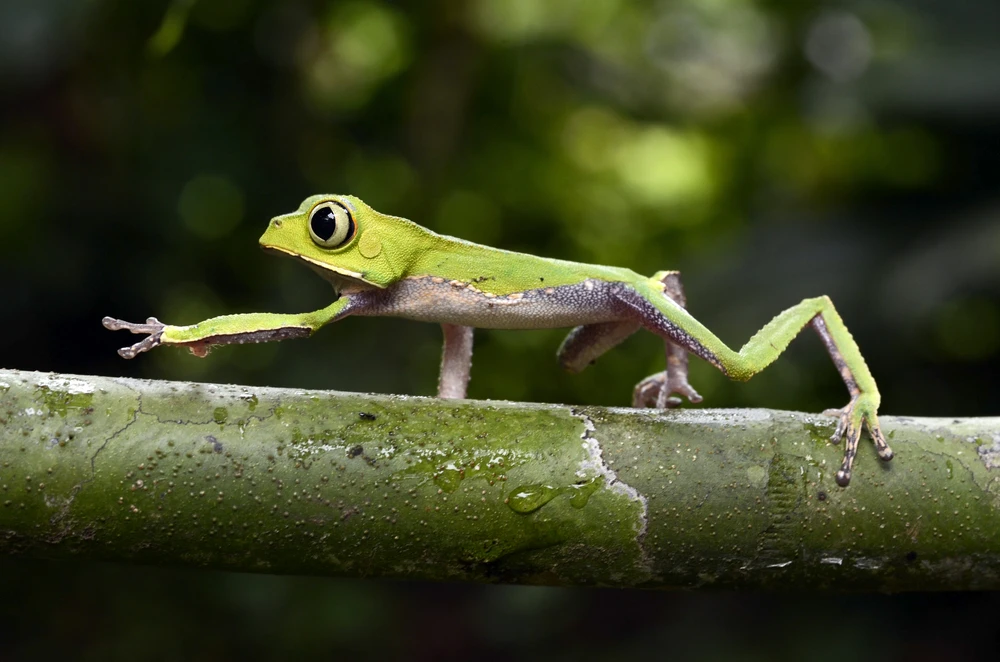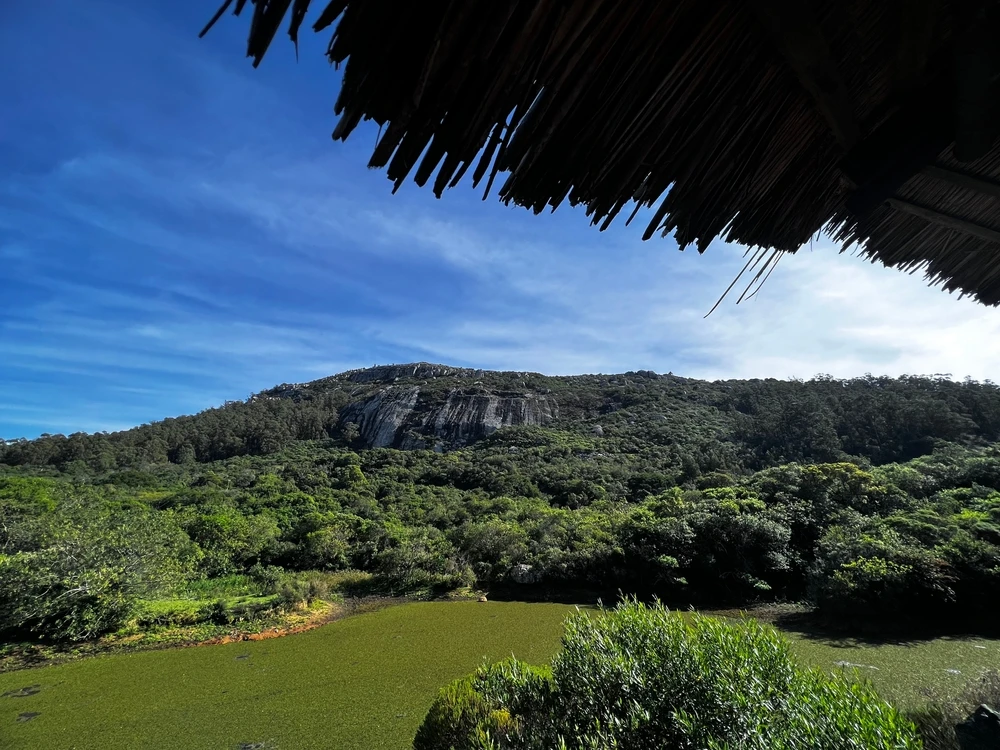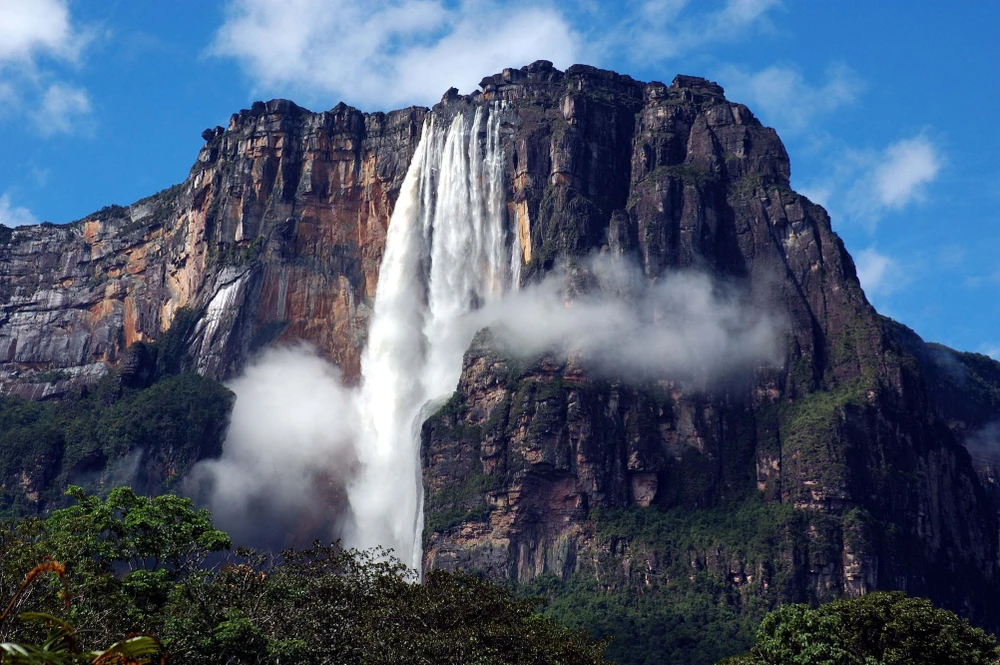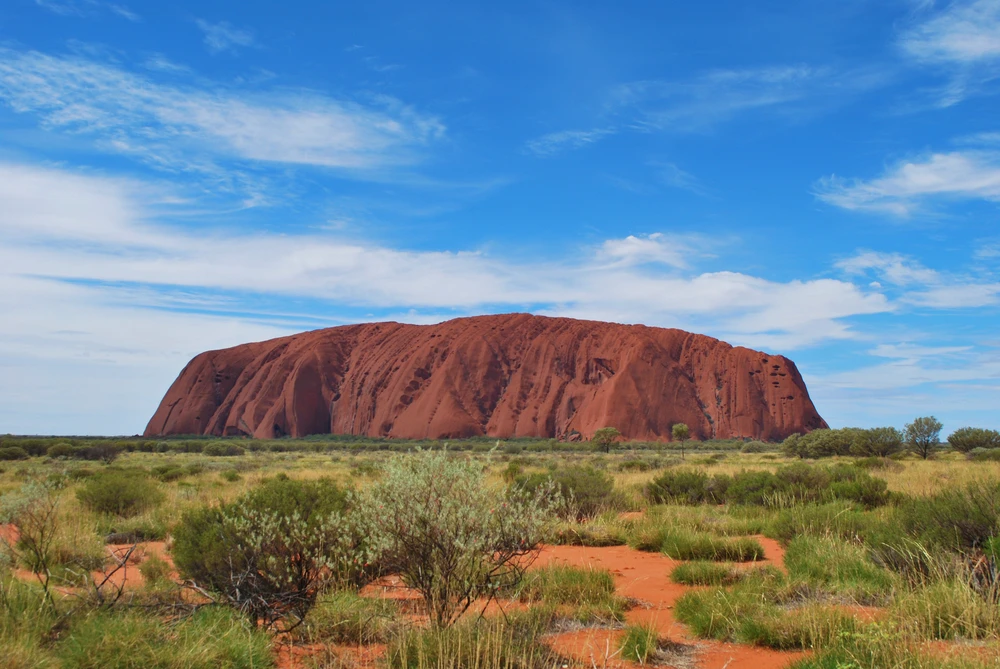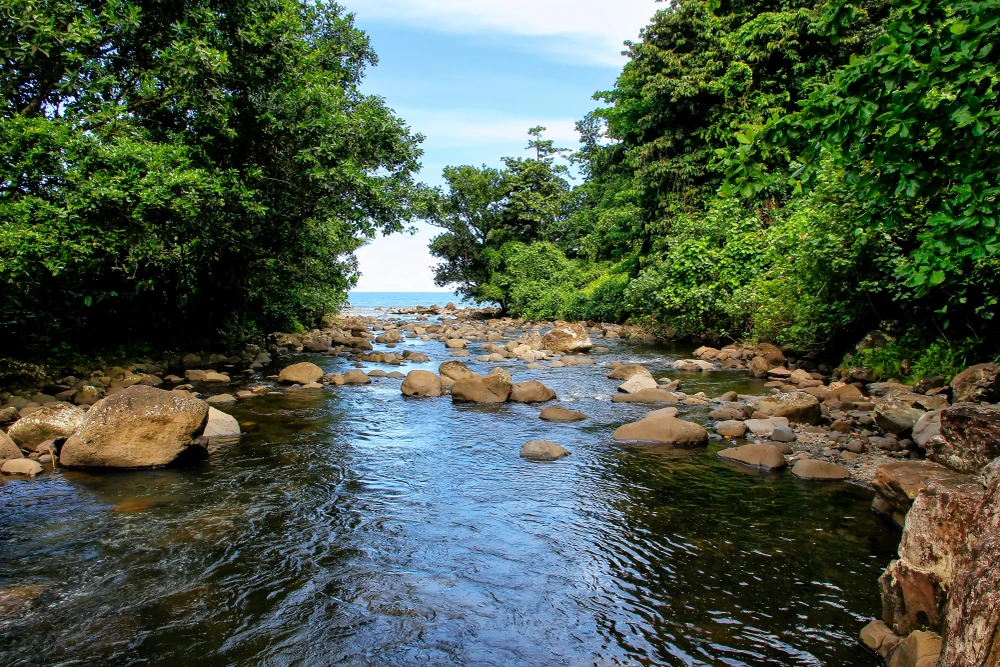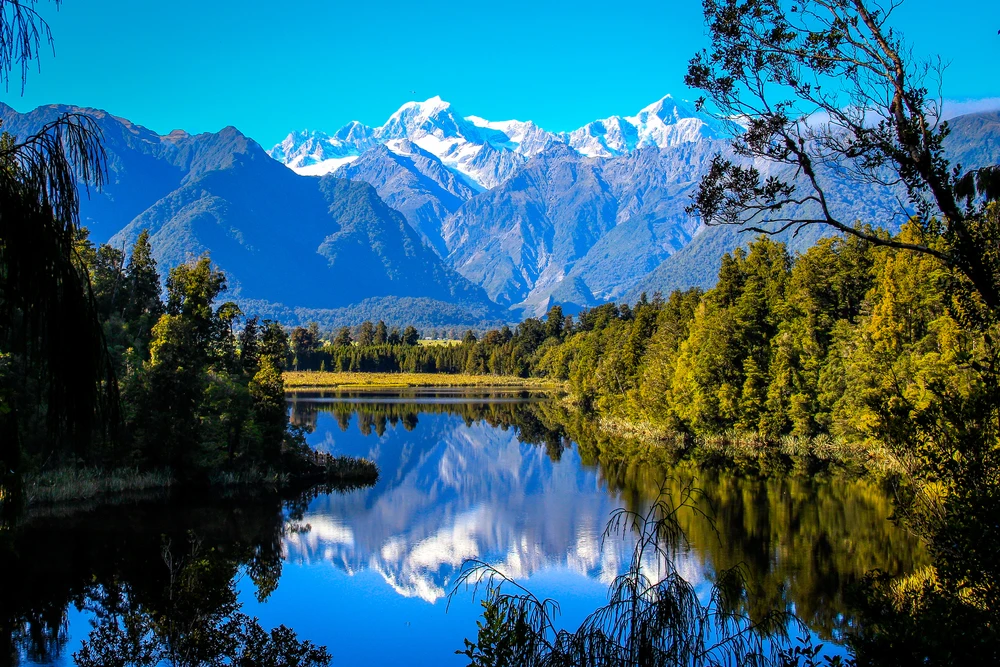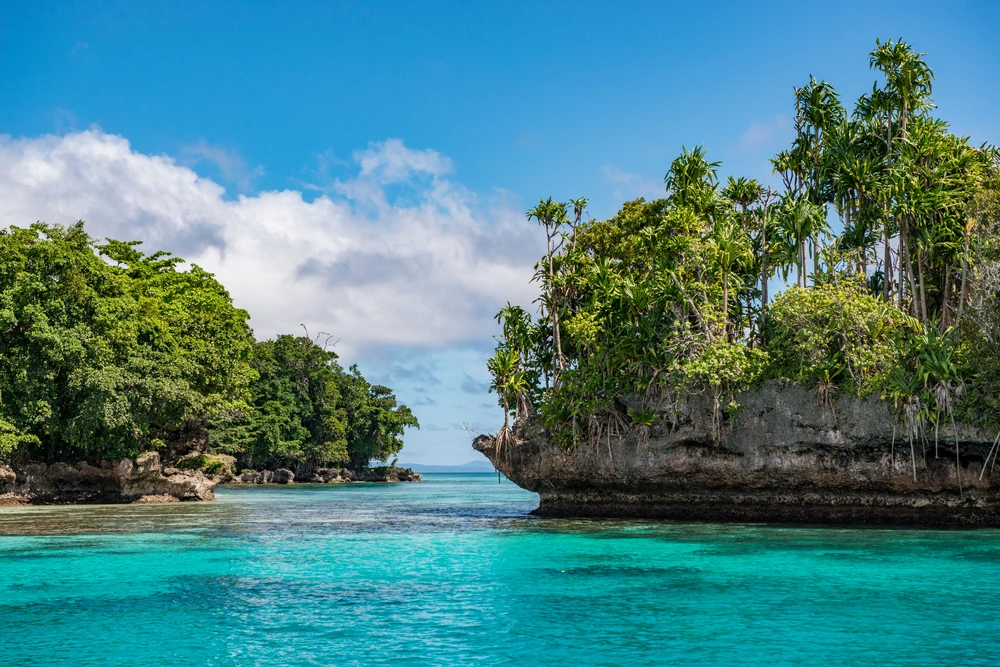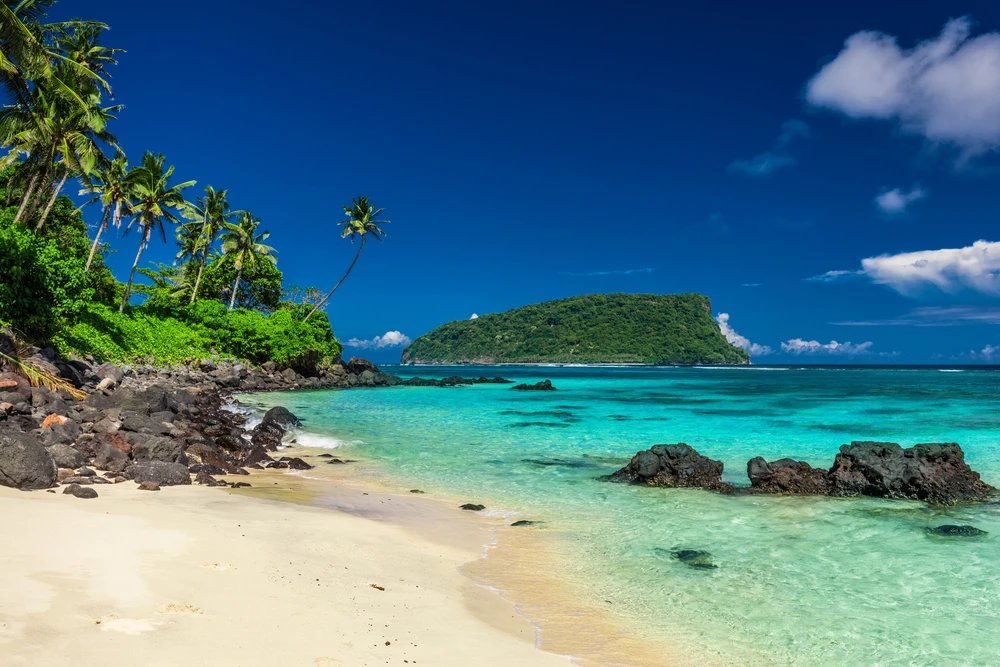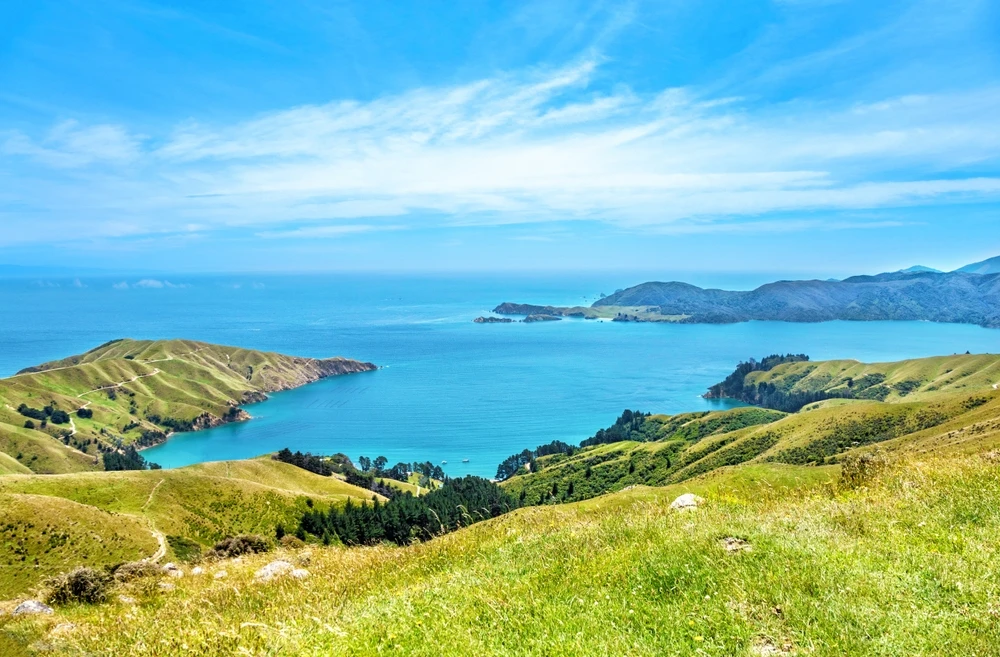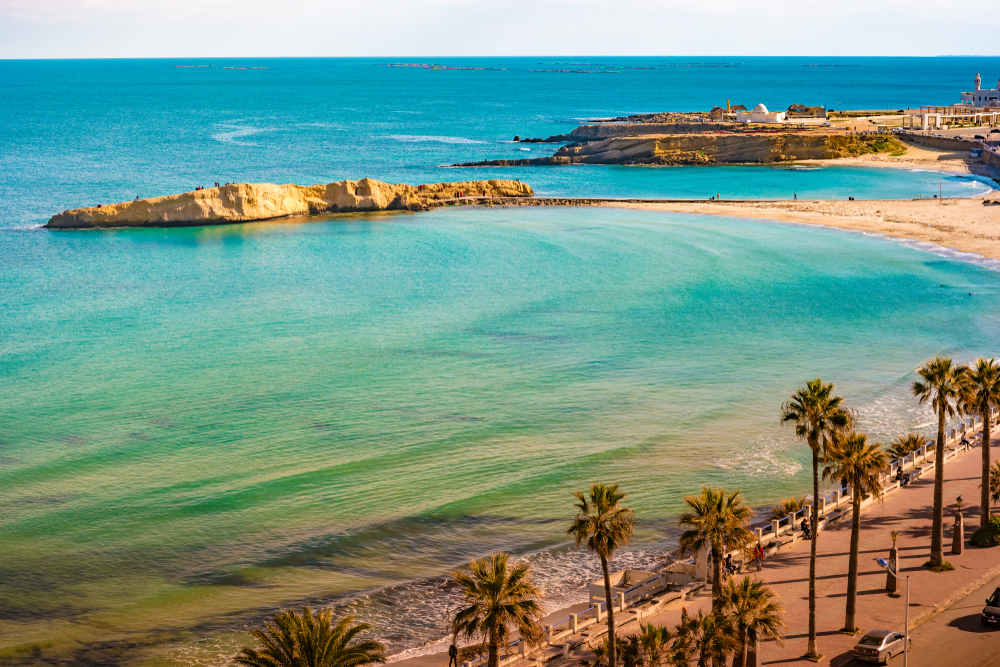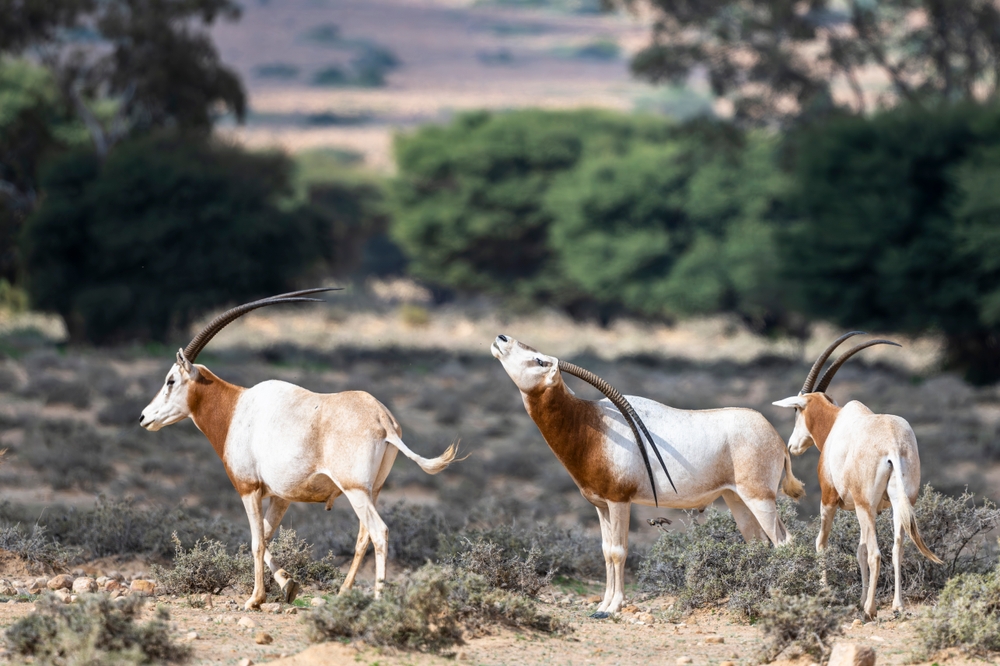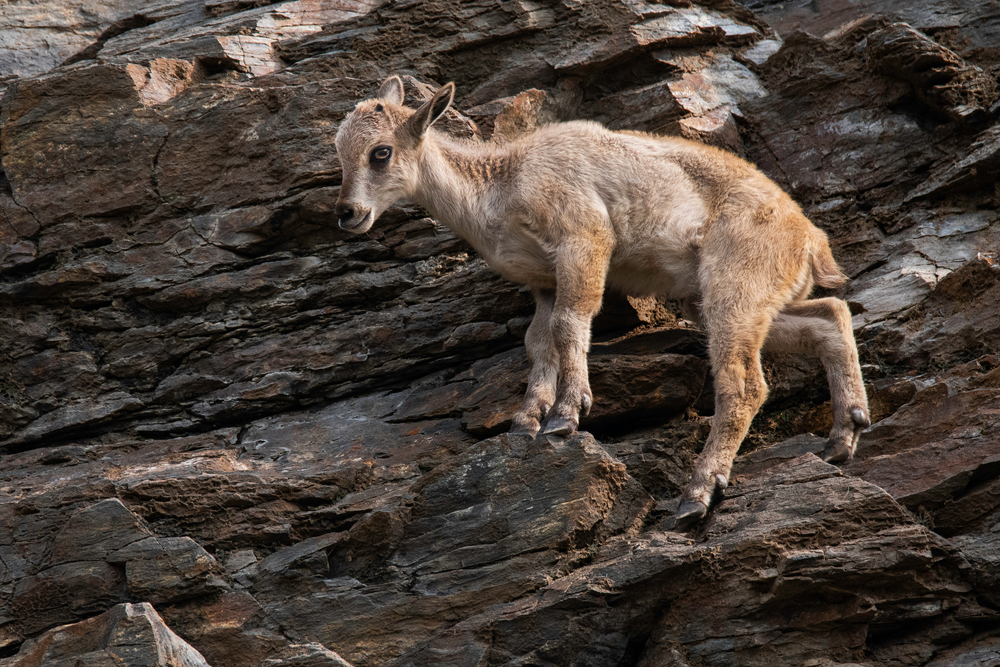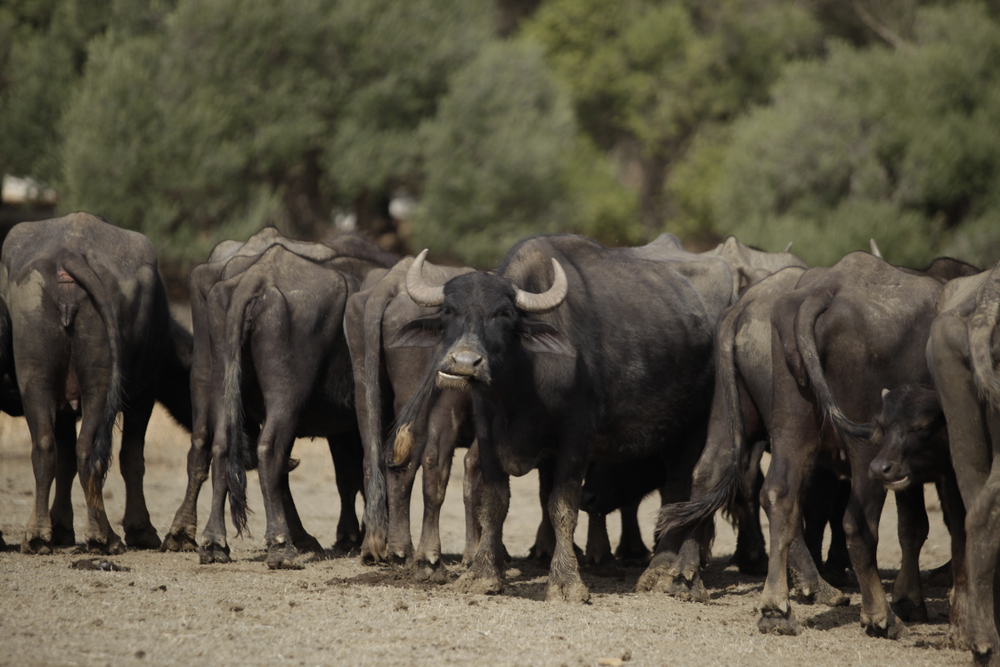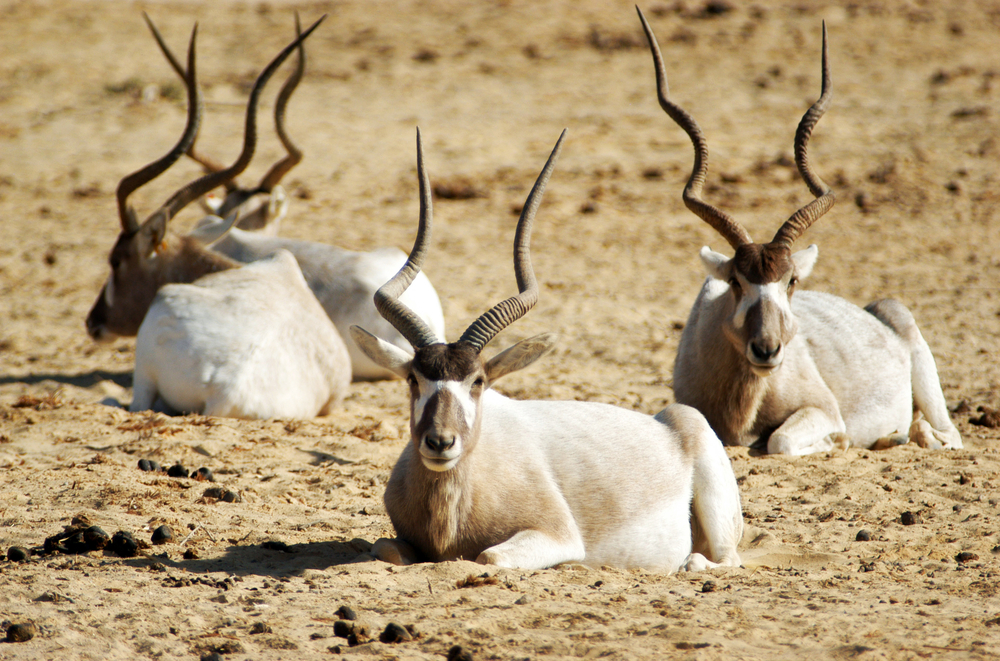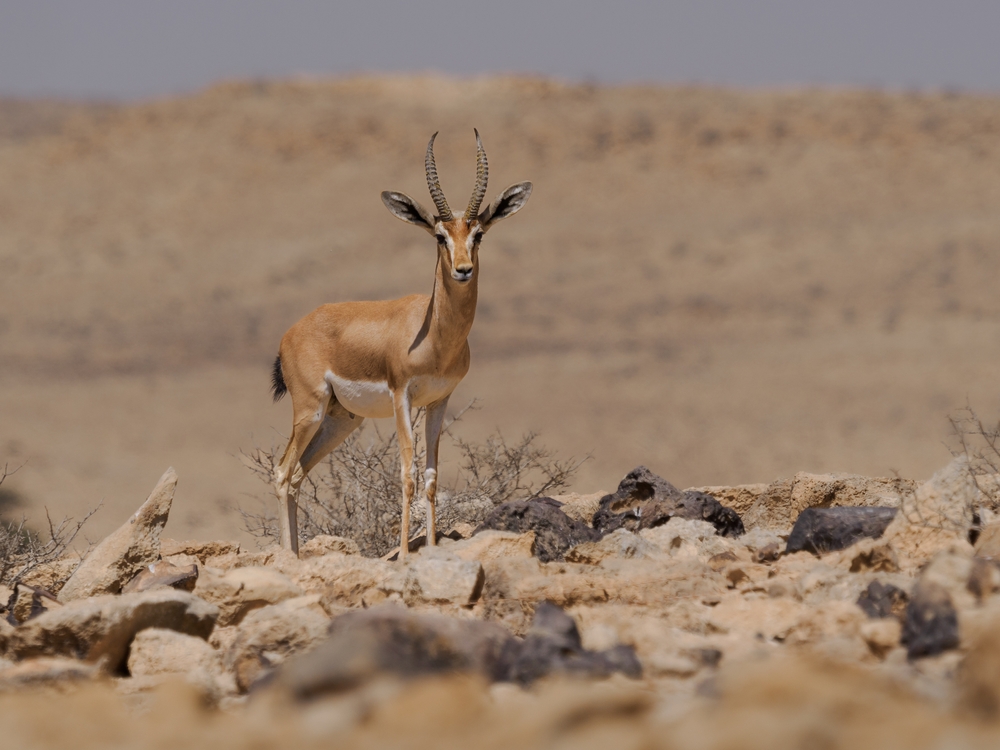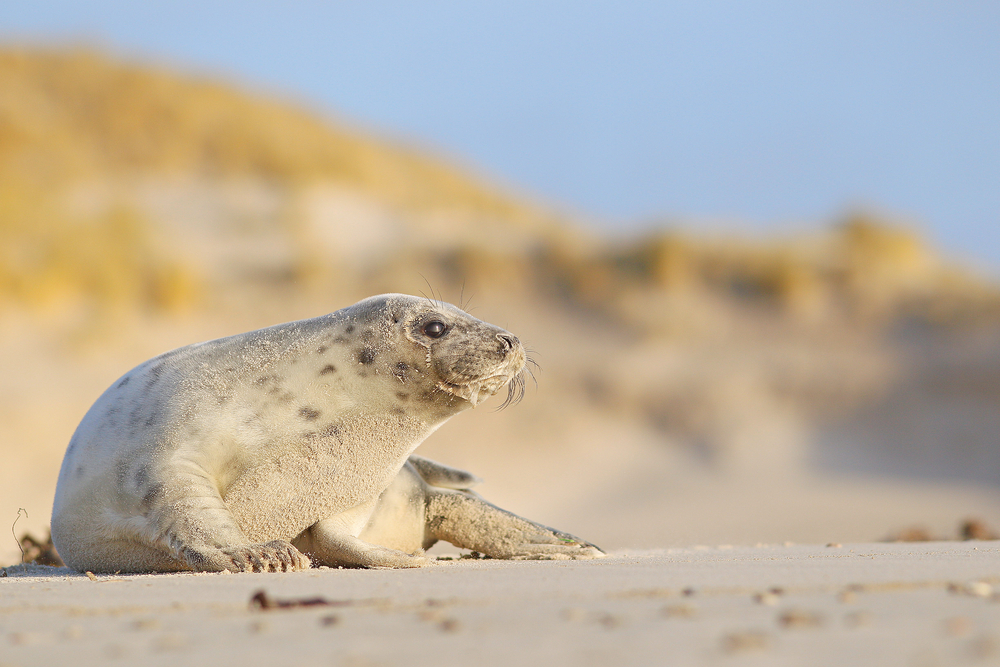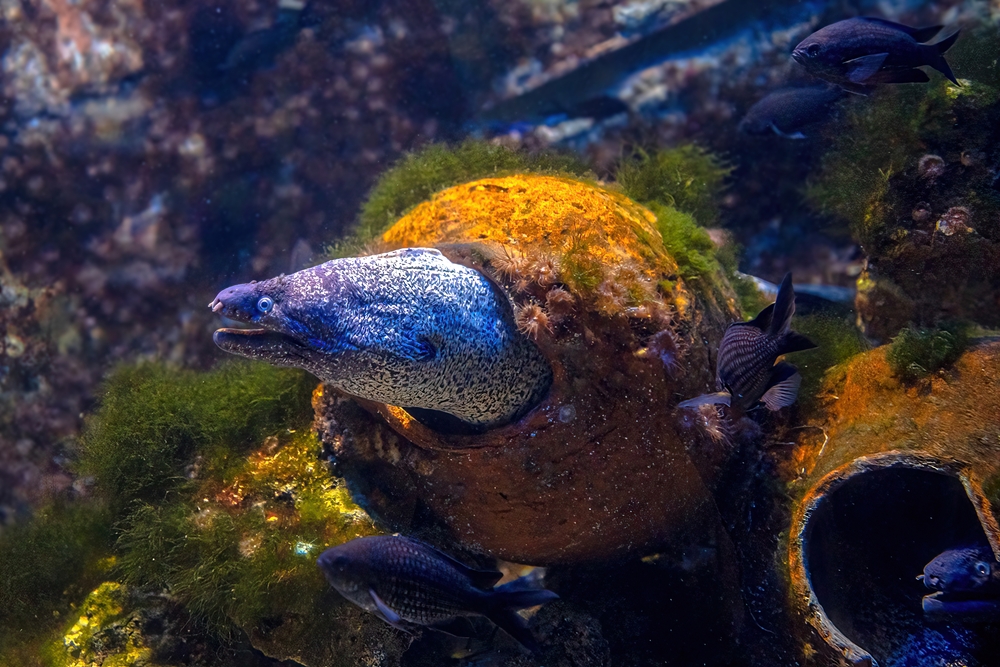Tunisia’s national parks are a testament to the country’s diverse landscapes, ranging from arid deserts to lush forests, each offering unique ecosystems and wildlife. These officially designated protected areas are vital for conserving Tunisia’s natural heritage while providing opportunities for eco-tourism and scientific research. The parks represent the country’s commitment to preserving its biodiversity and cultural landscapes, despite the challenges of habitat degradation and climate change.
Ichkeul National Park, located in the northern part of Tunisia, is one of the most famous and significant parks in the country. Recognized as a UNESCO World Heritage Site, the park is centered around Lake Ichkeul, a critical stopover point for migratory birds such as flamingos, ducks, and geese. The surrounding wetlands and marshes create a dynamic ecosystem supporting a wide variety of flora and fauna. Ichkeul is also home to mammals like wild boars and jackals. However, water management challenges due to upstream dam construction have impacted the park’s ecological balance, leading to ongoing conservation efforts to restore its natural hydrology.
Bou-Hedma National Park, situated in central Tunisia, is renowned for its semi-arid savannas and mountainous terrain. The park is home to several reintroduced species, including the scimitar-horned oryx and the addax, both of which were once extinct in the wild. These efforts highlight Tunisia’s dedication to wildlife conservation and ecological restoration. Bou-Hedma also shelters various plant species, such as acacia trees and desert shrubs, that thrive in its dry environment.
Jebil National Park, located in the southern desert region, represents the vastness and mystery of Tunisia’s Sahara. The park encompasses sweeping sand dunes, rocky outcrops, and oases, creating a stark yet beautiful desert landscape. It is a haven for species adapted to extreme conditions, such as fennec foxes, monitor lizards, and various birds of prey. Jebil is a key area for studying desert ecology and offers visitors a chance to experience the serenity and beauty of the Sahara.
Despite their ecological importance, Tunisia’s national parks face challenges, including illegal grazing, deforestation, and climate change impacts. Conservation efforts, such as habitat restoration and community engagement, are underway to address these threats. Eco-tourism initiatives aim to provide sustainable economic benefits while raising awareness about the importance of preserving these natural treasures.
Tunisia’s national parks are vital for conserving the country’s unique biodiversity and cultural heritage. From the wetlands of Ichkeul to the savannas of Bou-Hedma and the deserts of Jebil, these parks offer an unparalleled glimpse into the diverse natural beauty of Tunisia. They serve as crucial reminders of the need for collective action to protect and preserve the environment for future generations.


